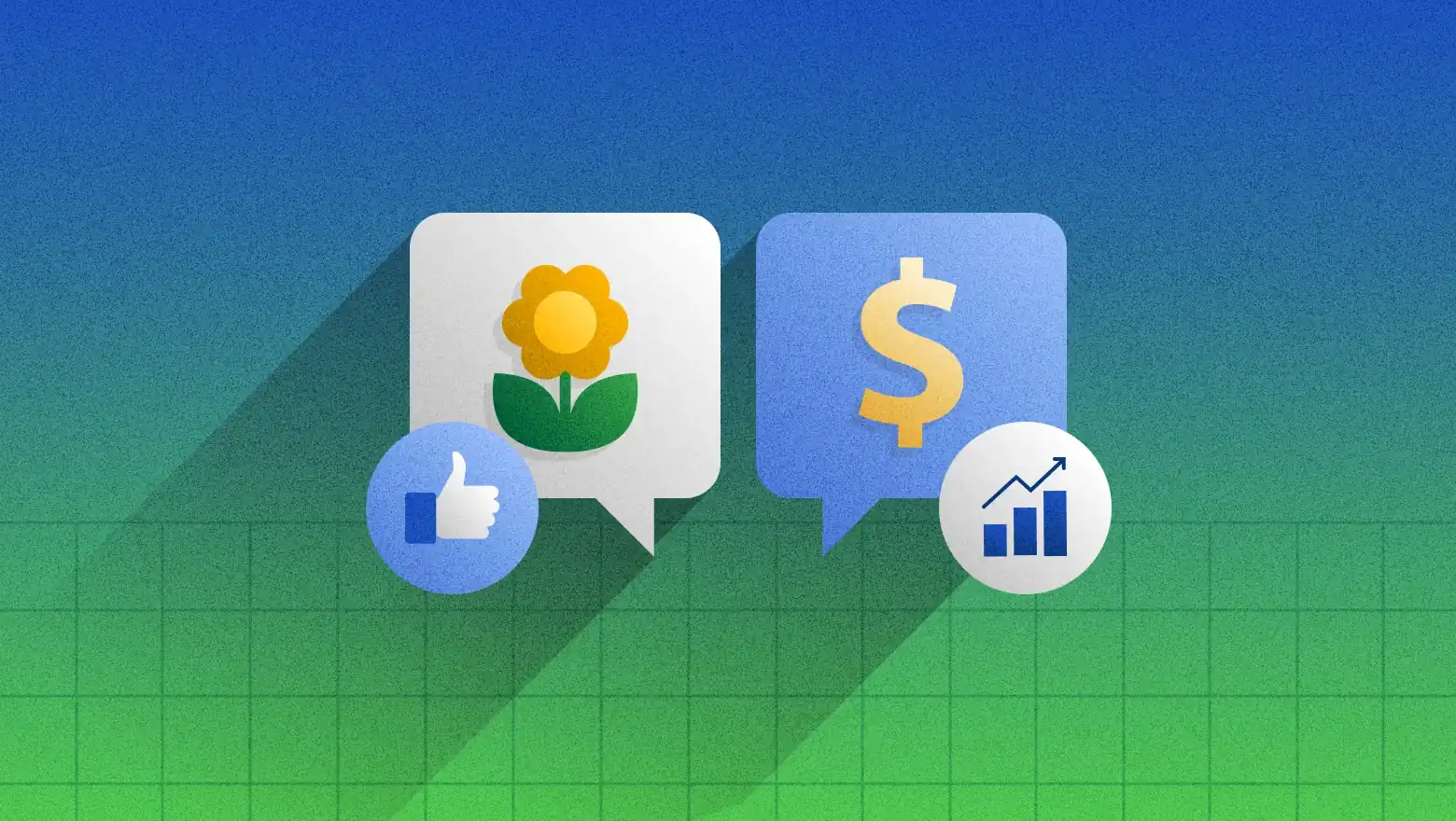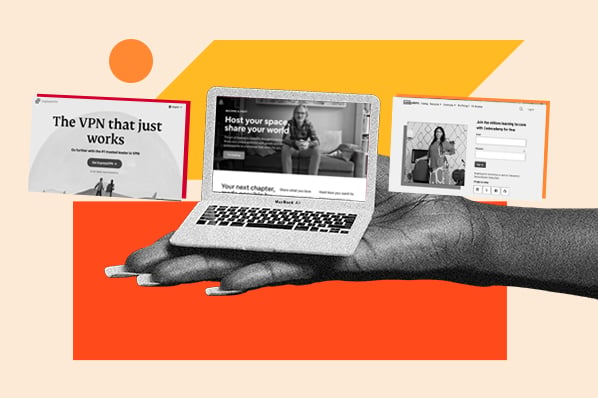How Gen Z is using AI to build personal brands — a guide that helped me build a LinkedIn presence that’s reached over 140 million
I started my career in modeling, which, as anyone in the industry knows, is basically a crash course in branding. You learn very quickly how to present yourself online, especially on platforms like Instagram. From there, I moved into sales and the world of B2B. I figured, if I could thrive in sales, I could do just about anything.

I started my career in modeling, which, as anyone in the industry knows, is basically a crash course in branding. You learn very quickly how to present yourself online, especially on platforms like Instagram. From there, I moved into sales and the world of B2B. I figured, if I could thrive in sales, I could do just about anything.
And then, something happened. At my last corporate job, they asked me to start posting on LinkedIn as a “thought leader.” I had only ever used the platform to look for jobs. I had no idea how to show up on LinkedIn, much less how to build a personal brand on it.
That’s when I turned to AI. Together, we created a seven-page brand strategy doc — like a marketing plan, but for me. I had no idea how much it would change everything.
Why Gen Z Should Be Building Personal Brands
A lot of people underestimate just how digitally fluent Gen Z is. We’ve been branding ourselves — consciously or not — since we were 13 on Instagram. But, LinkedIn always felt a little off-limits. Too corporate. Too buttoned-up.
That changed when I started spending real time on the platform — not just scrolling, but actually creating. I found other Gen Z creators who were killing it — speaking at conferences, working remotely, running their own businesses. I started studying them like you’d study a successful entrepreneur: how they wrote, how they told stories, what they posted.
Eventually, I saw the opportunity to carve out my own space, especially as a Gen Z woman talking about AI. That combo was not common. So I thought, “This is my shot.”
ChatGPT was starting to pick up steam. I asked the chatbot to help me build a personal brand strategy, just like a company would. The initial prompt: “Can you help position me as a LinkedIn thought leader? I want to be seen as an expert in AI, personal branding, and Gen Z career content.”
With rounds of iteration, that plan transformed my career. Today, I have a presence that reaches over 140 million people on the platform. I’ve partnered with LinkedIn, been featured in Fortune and CNBC, and run workshops for women around the country — all because of my personal brand.
So, how exactly do I use AI to build my brand? Below, I’ll share the framework I followed.
How to Build Your Personal Brand and Where AI Can Help (Step-by-Step)
1. Clarify your core values and message.
Everyone says, “Pick one niche.” I disagree. I think you should have three key things you talk about. For me, that’s AI, personal branding, and Gen Z.
I used ChatGPT to explore tone and values. I’d even ask things like, “What does my writing sound like?” or “Can you rewrite this in the tone of Virginia Woolf if she went to Harvard?” It was fun and clarifying.
When you’re getting started, I recommend compiling this information into a document with brand guidelines. You can have AI help you create this style guide. When you’re stuck, you can just scan your Google Doc and get back on track.
2. Build a visual identity.
I hopped into Canva and treated myself like a brand. I created a LinkedIn banner that clearly stated my niche: Gen Z woman in business.
It’s wild to me how many people leave that banner space blank — it’s such valuable real estate. I made sure to include my email, so people knew how to reach me.

I recommend working with AI to find aspects of color psychology and fonts that support your brand. I went with the blue, which is associated with trustworthiness. I recommend chatting with AI about the brand values you’ve defined. You can then ask ChatGPT to recommend a few banner elements that double down on your messaging.
3. Create consistent, thoughtful content.
At that point, I went back to ChatGPT and said, “Can you give me 20 post ideas based on these pillars?” I then used those topics as a jumping-off point for my posts.
I pull from current events — what’s happening in AI or Gen Z culture — and tie it to my brand. That makes my content feel timely and thought-leader-y. Remember: You’re not just creating evergreen posts to fill space. You’re speaking to a moment.
4. Set a posting cadence (even if it’s loose).
I‘m not super rigid with scheduling — I post when I’m inspired. But, some people prefer more structure. Both approaches can work, but I‘ve found that consistency matters more than frequency. Be sure to post a few times a week when you’re starting out, even if you're not scheduling specific days.
Think about your tech stack, too. Are you going to use scheduling tools? Automations? I recommend working with AI to brainstorm your content and craft your posts. You can then use a scheduling tool, like Hootsuite, to make sure posts go live.
5. Track what works.
Creator Match, founded by creator AJ Eckstein, has an awesome Chrome extension that I use to track post analytics. I have the option to evaluate my performance and track other creators in my niche. It’s like doing competitive research, but for personal brands. If you want to grow, you need to understand what’s working across the platform.

Creator Match can give me an overview of my profile, including how frequently I’ve posted and how often certain words appear in my posts. I can then take a look at how people interact with what I create. That includes tracking engagement across post types.
I even have the option to search by keyword, so I can better understand what topics get the most traction from my following.

6. Engage with your community.
Comments are gold, so I try to respond to everyone. These are the people building your brand with you. I've had some of my best opportunities come through comment sections, not DMs or emails. I can then understand what’s top-of-mind for my audience, allowing me to come up with more ideas for posts that resonate.
I’m able to build my network, make the people engaging with my posts feel seen, and identify hot topics that keep the content engine running. It’s win-win-win!

And yes, I’ve even used ChatGPT to respond to hate comments. I’ll say, “Can you help me respond in a graceful yet firm tone?” It’s a great tool for crafting the right message, especially when emotions are running high.
Why You Should Think of Your Brand as an MVP
A lot of people wait until their brand is “perfect” before they post. But, I treated my personal brand like an MVP (minimum viable product). I just got it out there. I iterated along the way. I changed my banner, my headline, my content style — all in real time.
A great example of this is my LinkedIn headline.
At first, it was vague: “Helping creatives and agencies…” But, I needed to get more specific. After taking a course from Justin Welsh (yes, I actually bought a course), I refined it.
I landed on a version that spoke directly to the people I wanted to reach — women interested in AI and career empowerment — with the phrase “I help women leverage AI to build powerful personal brands.”
That small shift helped my audience find me.

The Scale Only Happened Because of AI
After just four months of posting on LinkedIn, I got invited to their headquarters. They told me, “You’re a pioneer in AI because of your content.” That blew my mind.
By then, I had already hit over 3 million impressions. Fast forward to today: I’ve reached over 140 million impressions. The scale I’ve experienced in the past few months — the reach, the content, the impact — wouldn't have happened without the help of AI.
Before, every new idea or project came with friction. I’d hit a hurdle and either get stuck or need to wait until I had more time or support. But once I started using AI regularly, those hurdles started to dissolve. I could workshop ideas instantly. I could brainstorm faster, clarify a story arc, or get to a rough first draft in minutes — even when I only had a few hours after work.
I now get around 10 DMs a day from women saying, “You made me less scared to try AI,” or “Your content helped me take a leap I’ve been putting off.”
And yes, I left my corporate job because my personal brand now supports me.
The reason I keep showing up is simple: I want to inspire more women — especially founders — to share their stories. I want LinkedIn to feel less male-dominated and more like a space where women can show up boldly, confidently, and strategically.
AI helped me get my voice back after being laid off twice before I was 25. It gave me autonomy over my career again. Now, I want to help other women use it to do the same.
That’s my story. And, we’re just getting started.
![]()
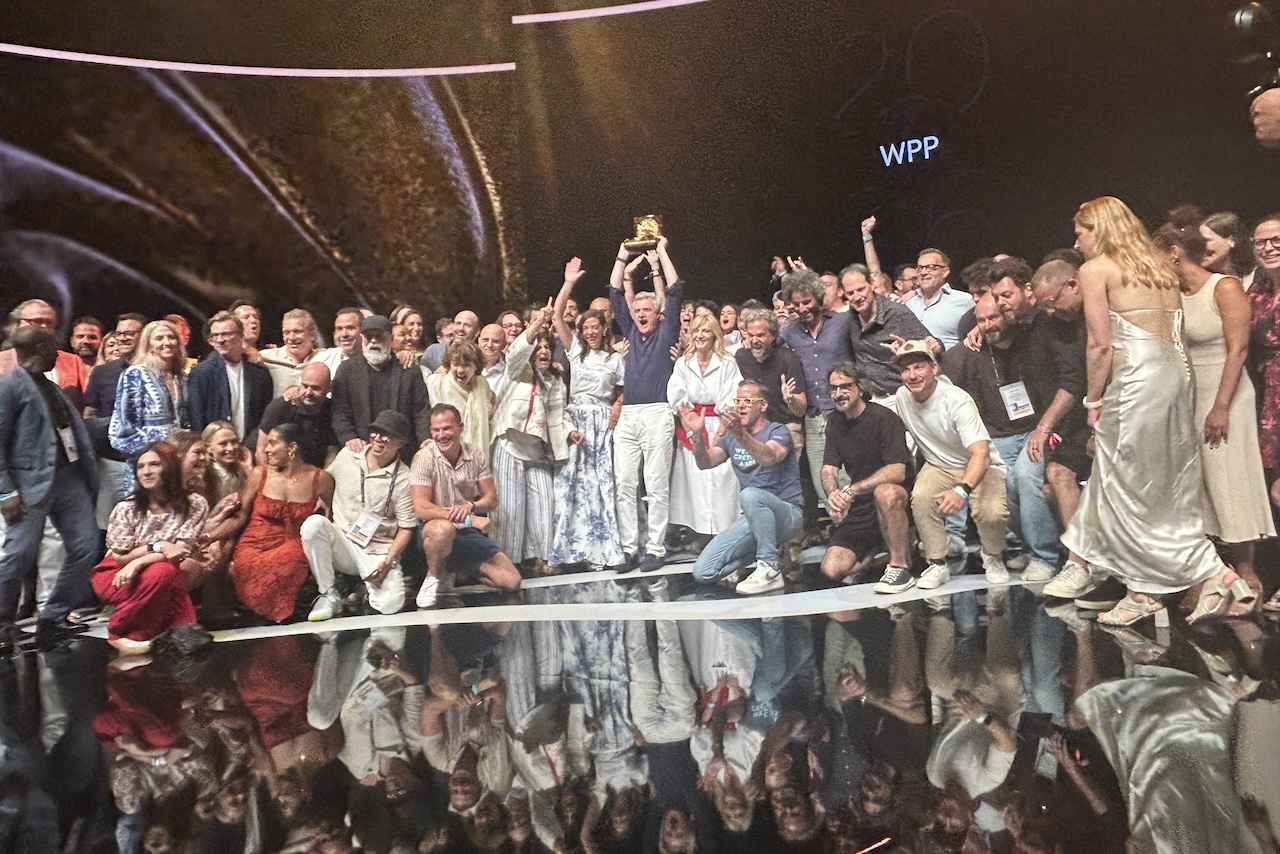










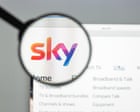



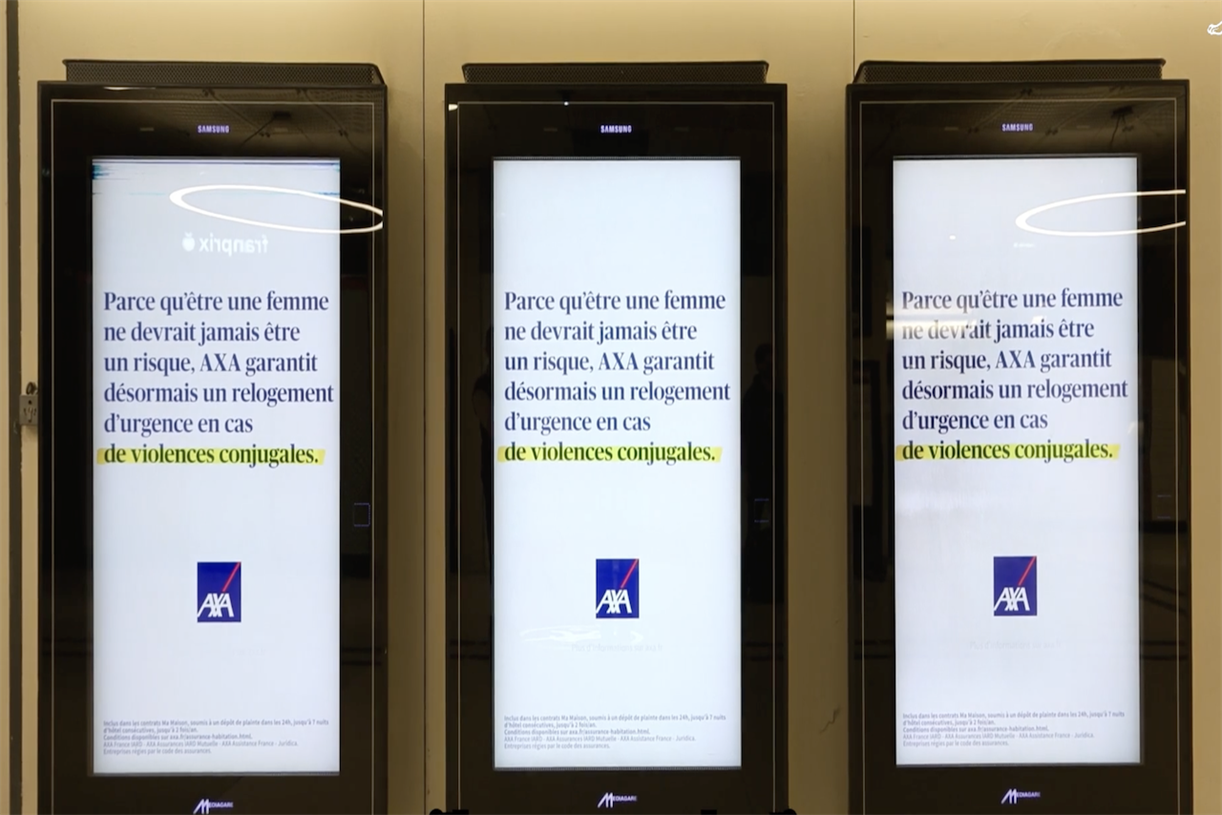
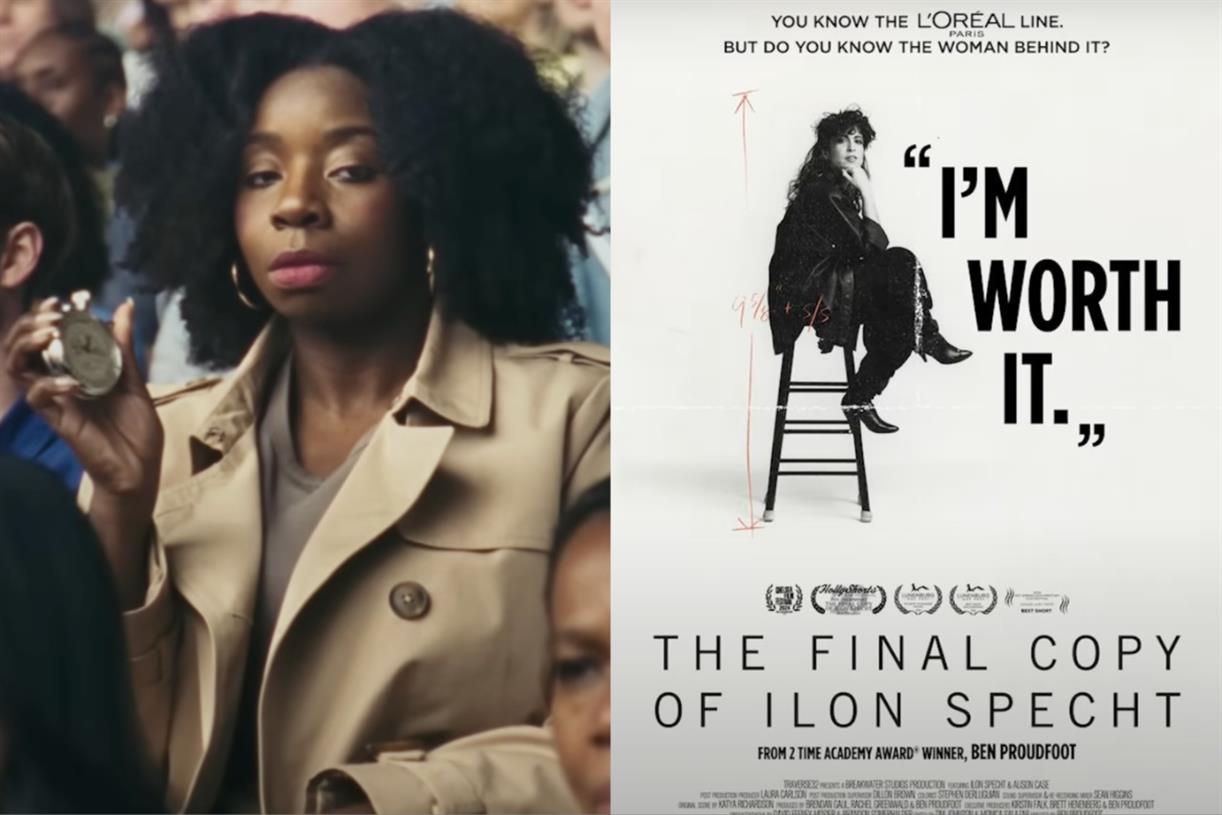
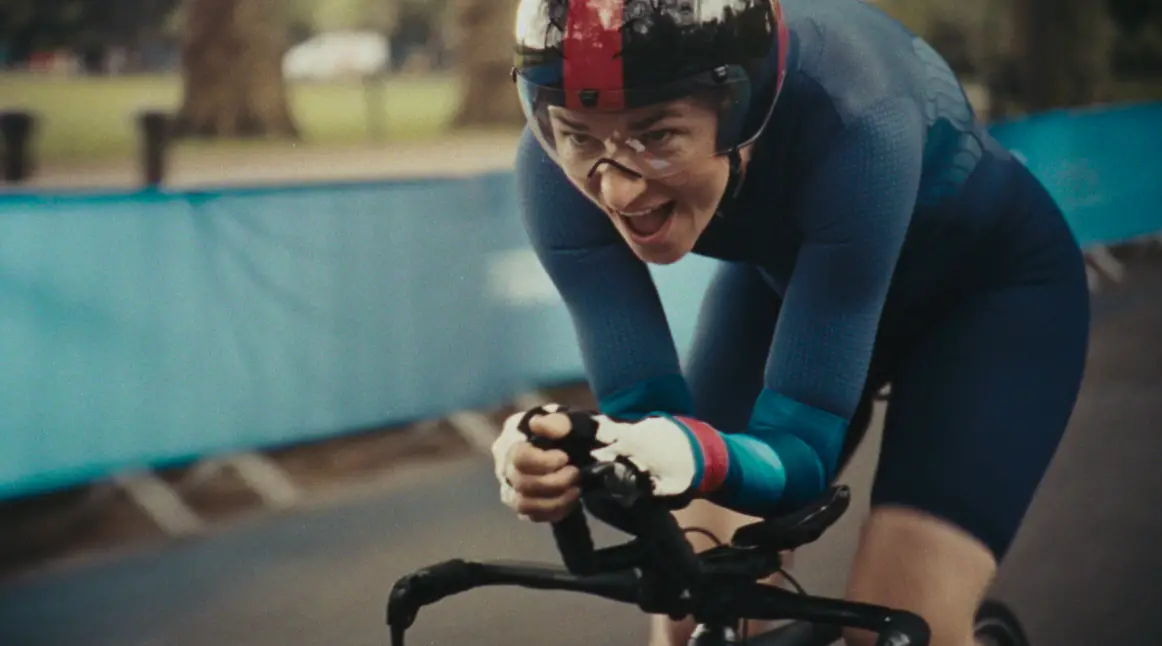

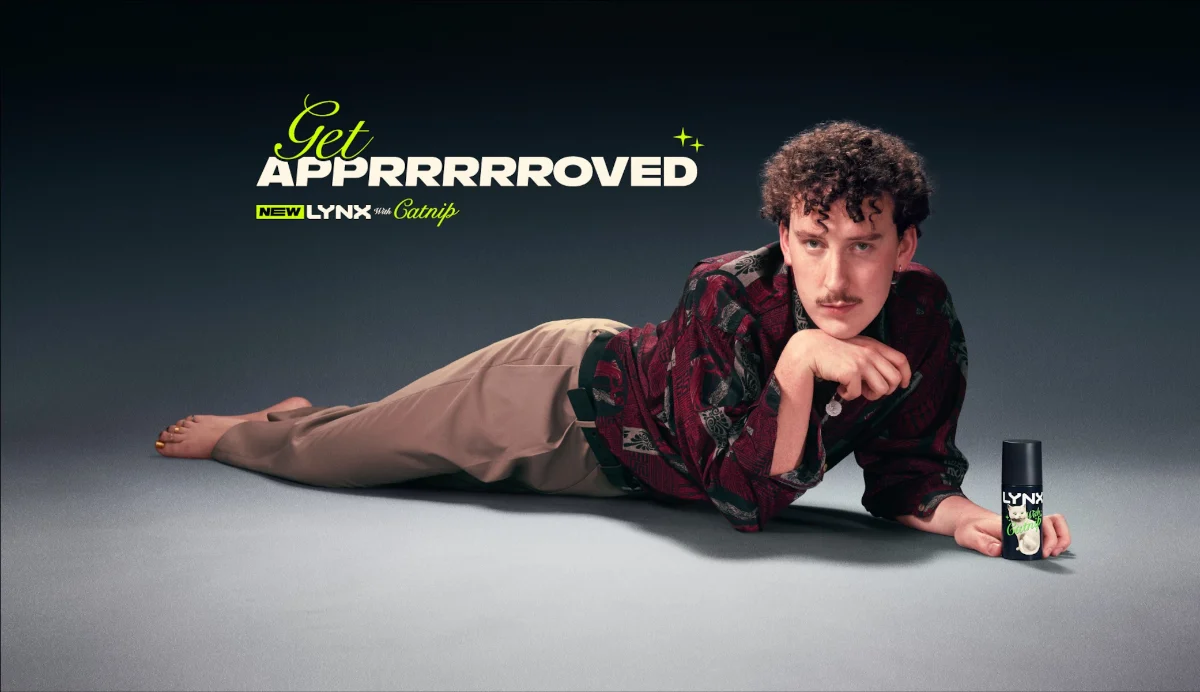

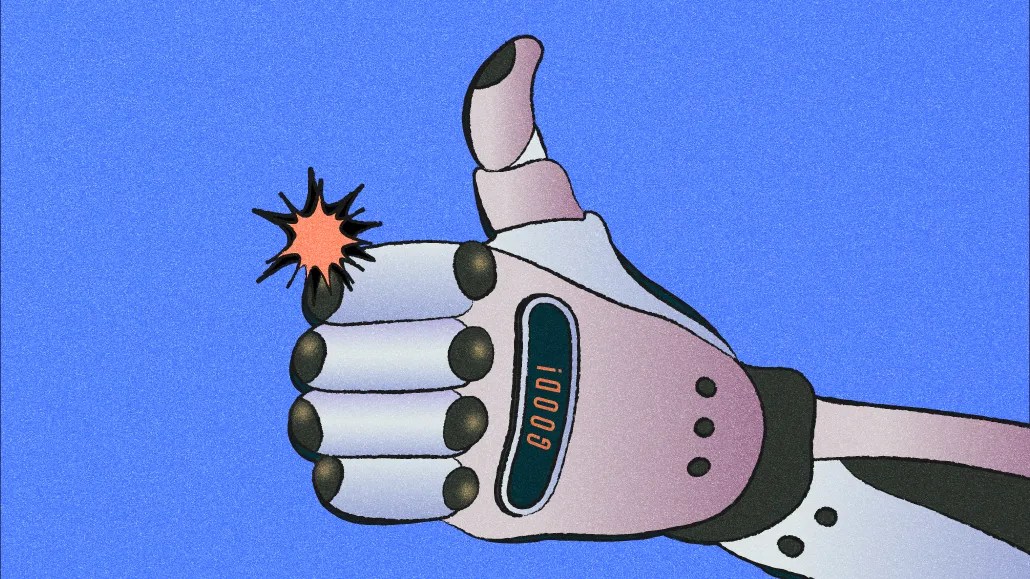



![How To Drive More Conversions With Fewer Clicks [MozCon 2025 Speaker Series]](https://moz.com/images/blog/banners/Mozcon2025_SpeakerBlogHeader_1180x400_RebeccaJackson_London.png?auto=compress,format&fit=crop&dm=1750097440&s=282171eb79ac511caa72821d69580a6e#)

![Brand and SEO Sitting on a Tree: K-I-S-S-I-N-G [Mozcon 2025 Speaker Series]](https://moz.com/images/blog/banners/Mozcon2025_SpeakerBlogHeader_1180x400_LidiaInfante_London.png?auto=compress,format&fit=crop&dm=1749465874&s=56275e60eb1f4363767c42d318c4ef4a#)
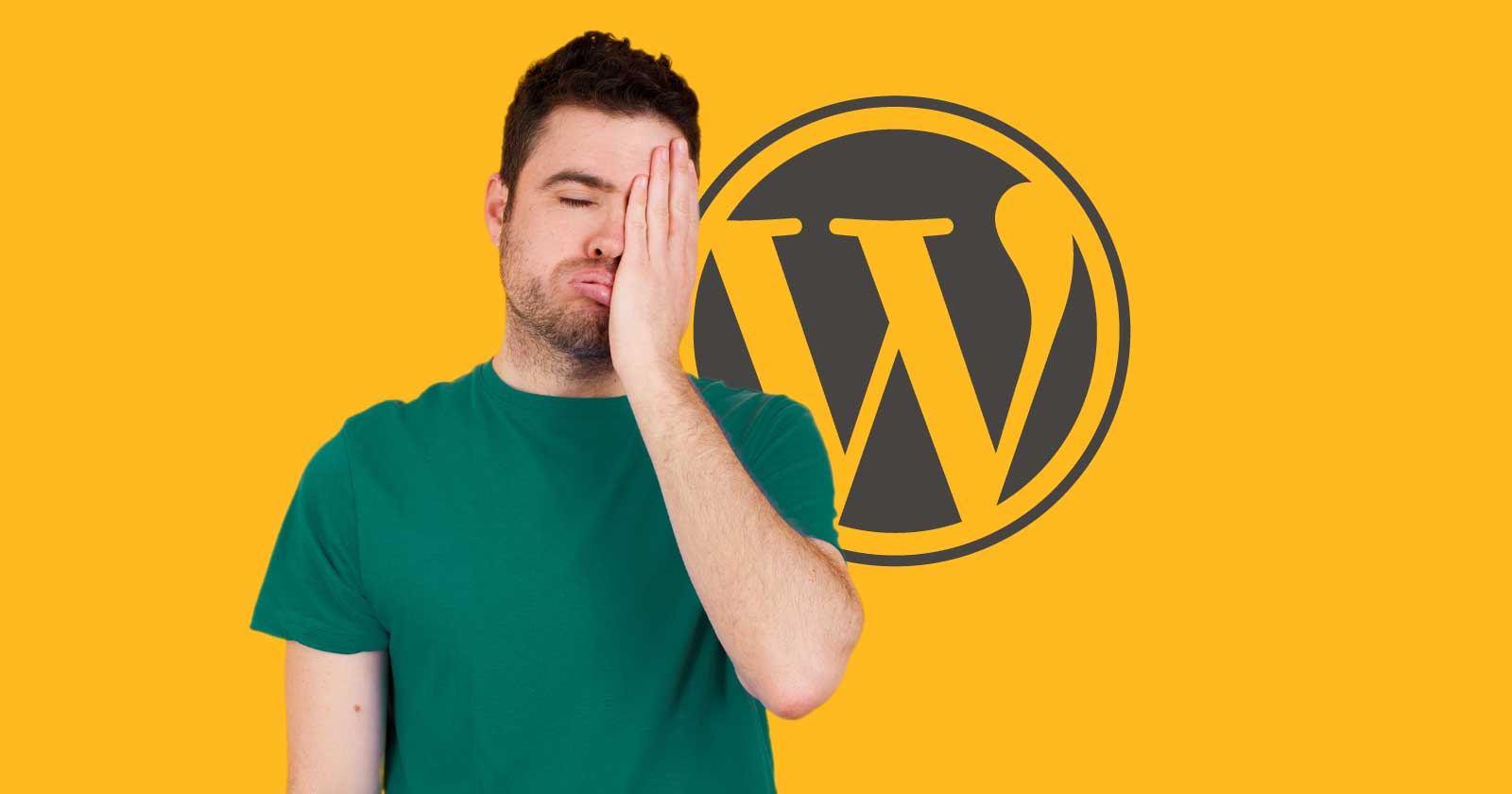
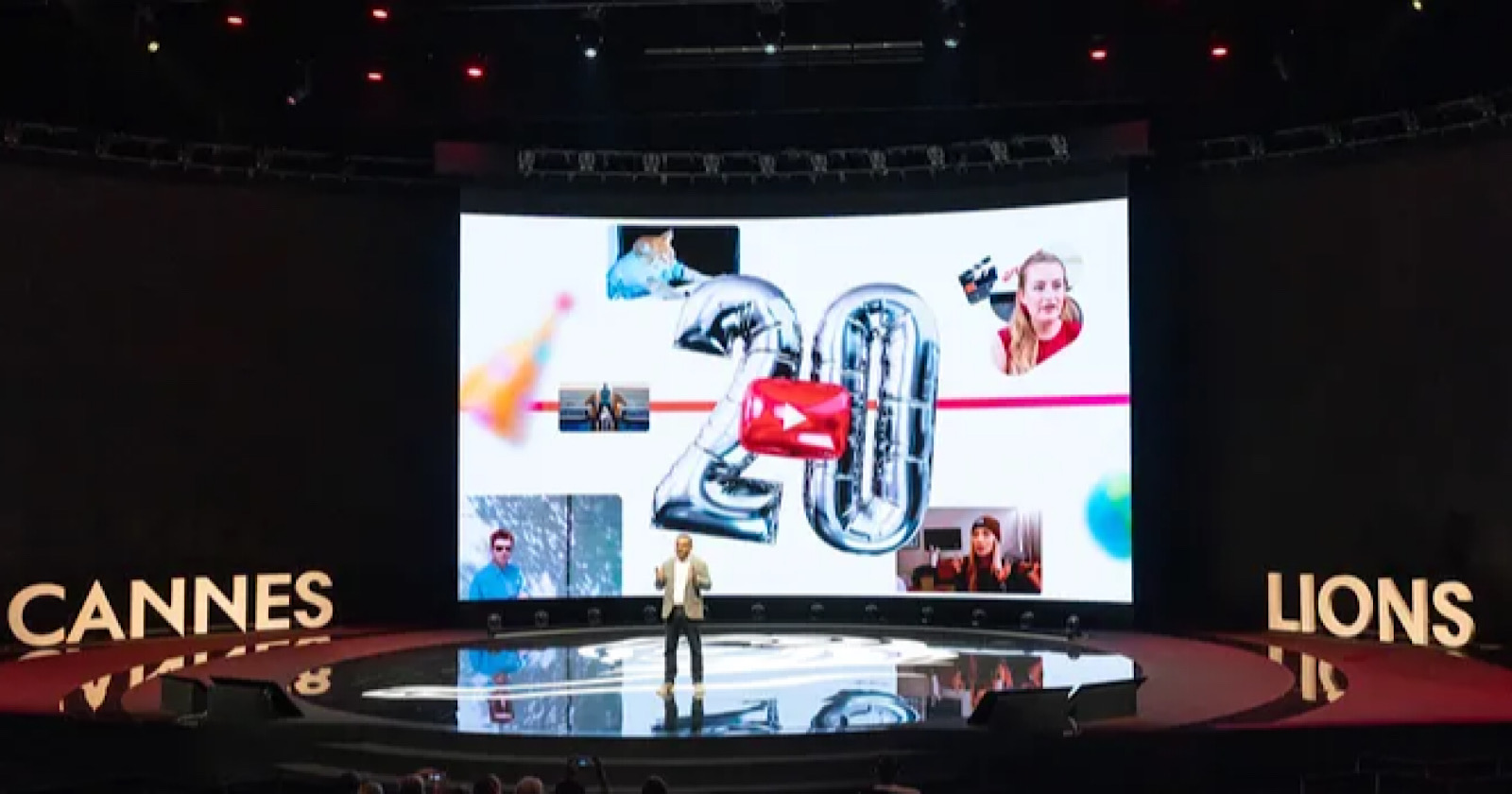






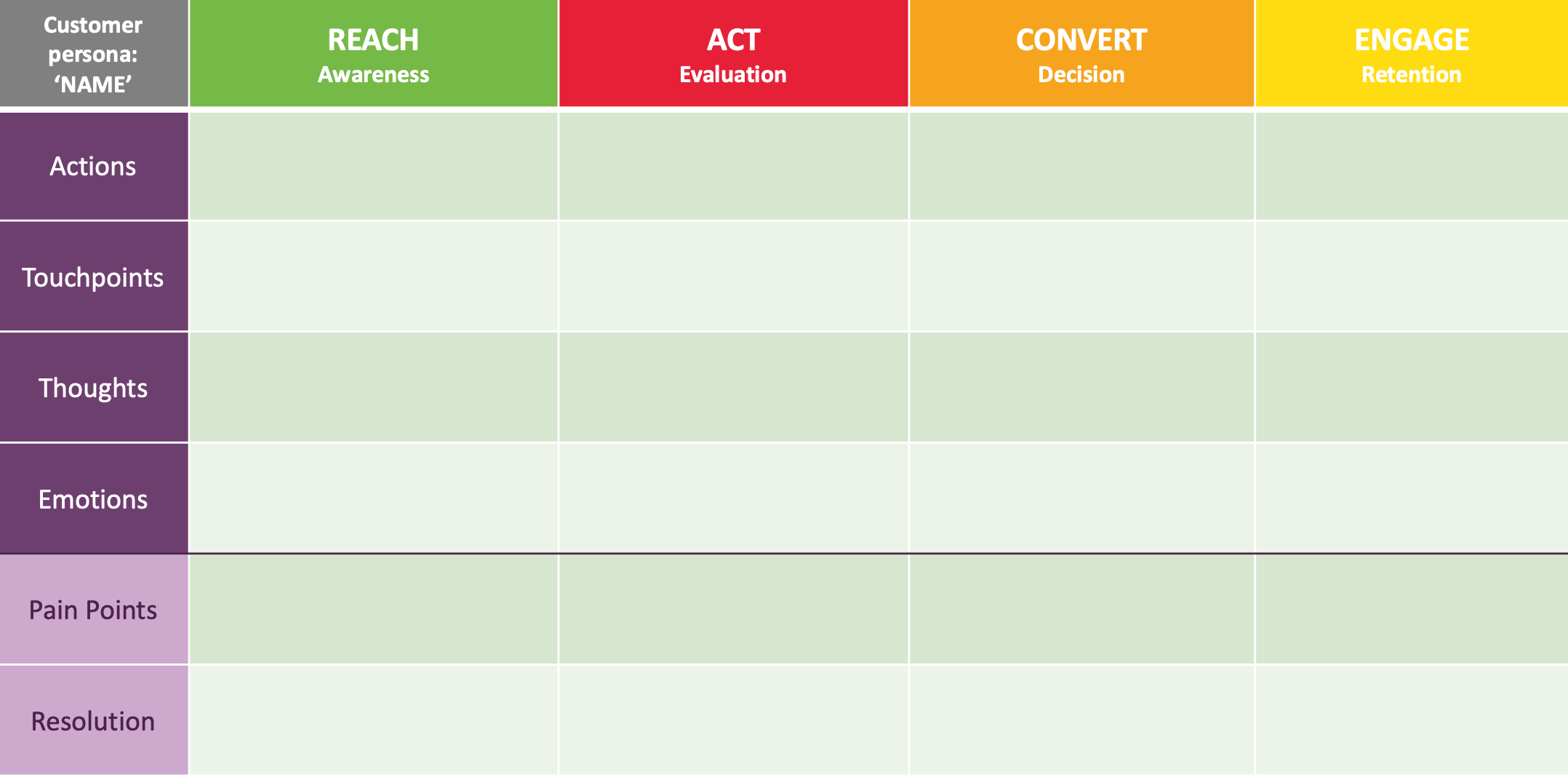















![The 11 Best Landing Page Builder Software Tools [2025]](https://www.growthmarketingpro.com/wp-content/uploads/2024/04/best-landing-page-software-hero-image-1024x618.png?#)


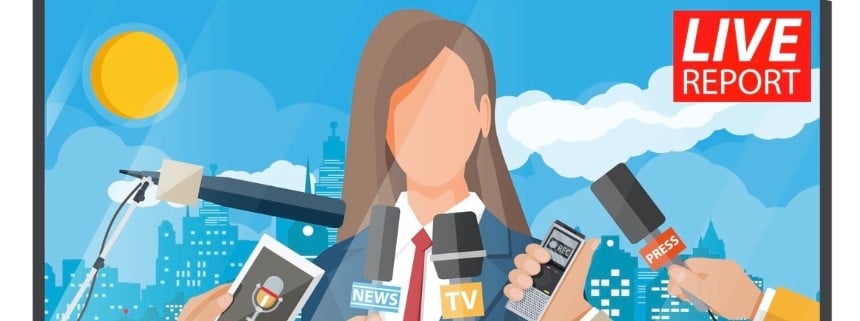

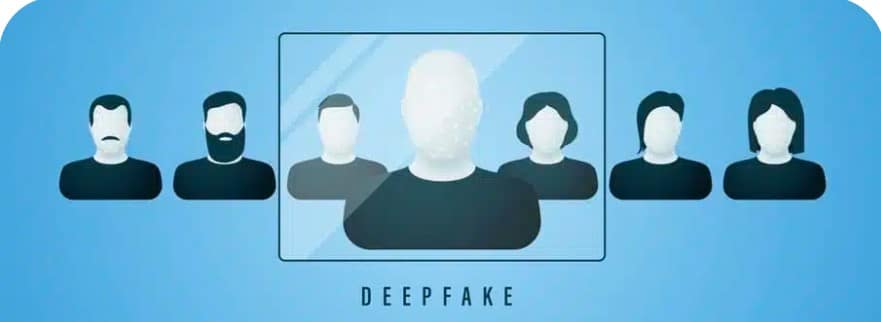
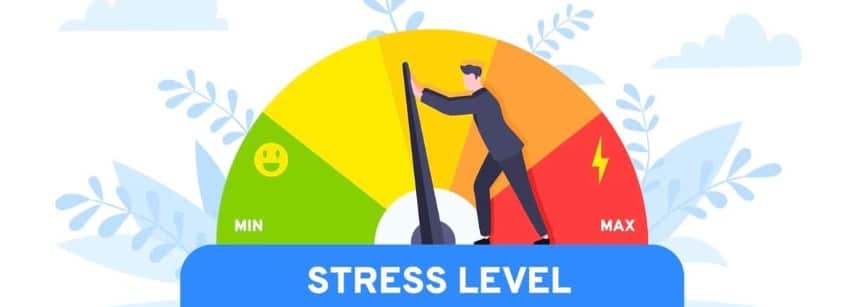










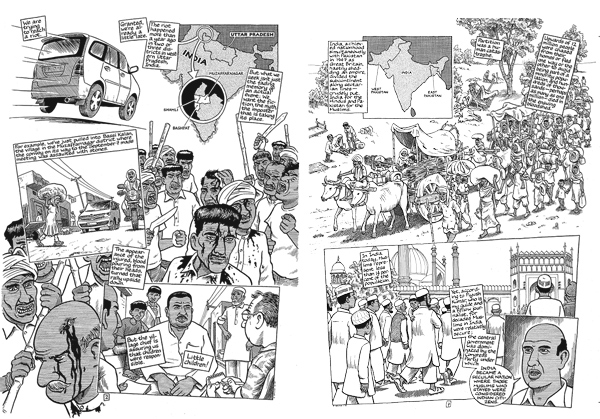
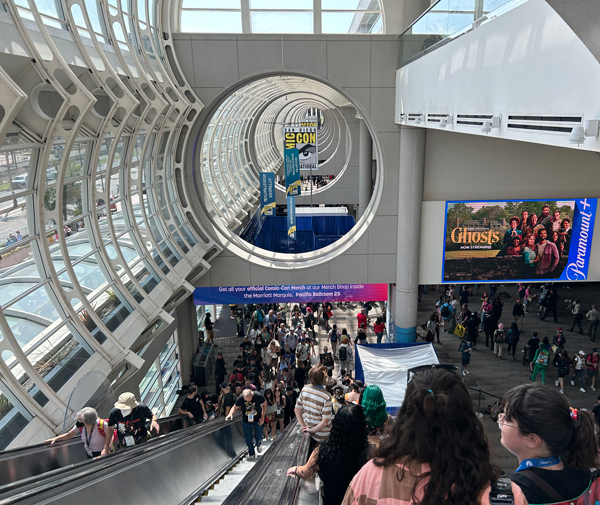
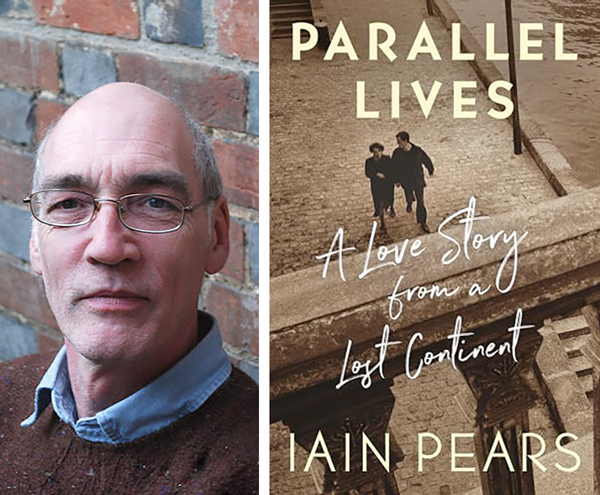
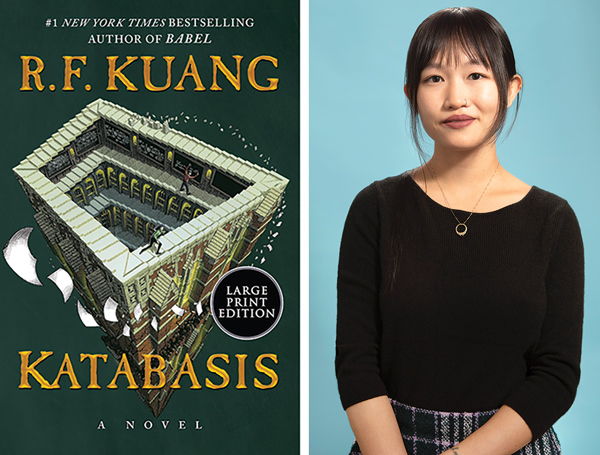















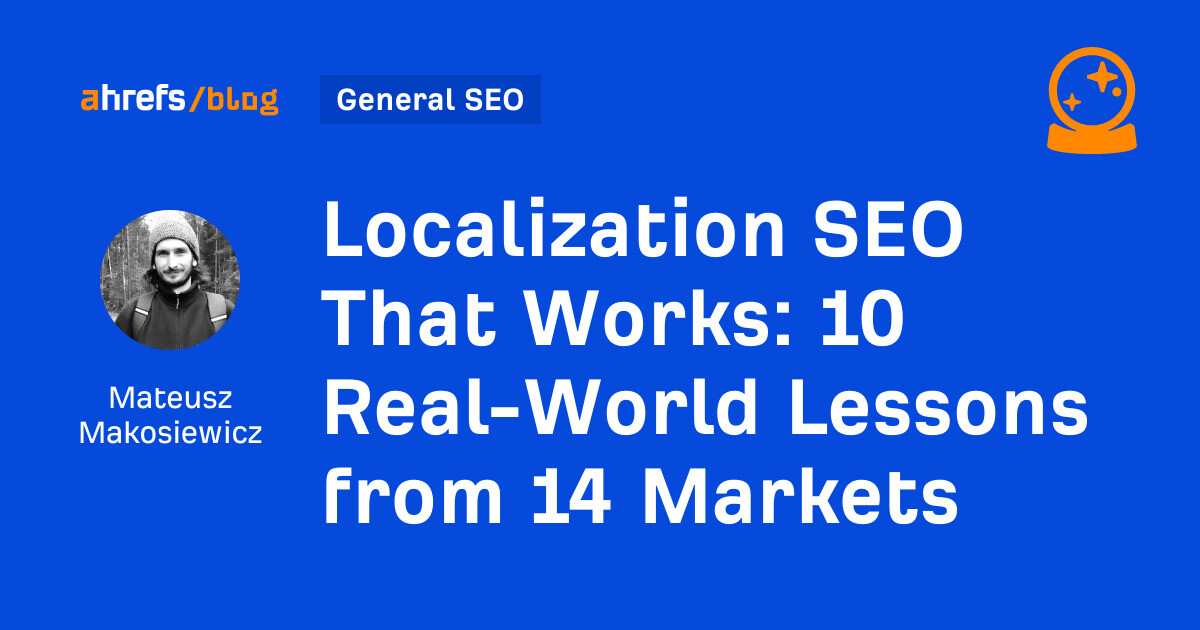
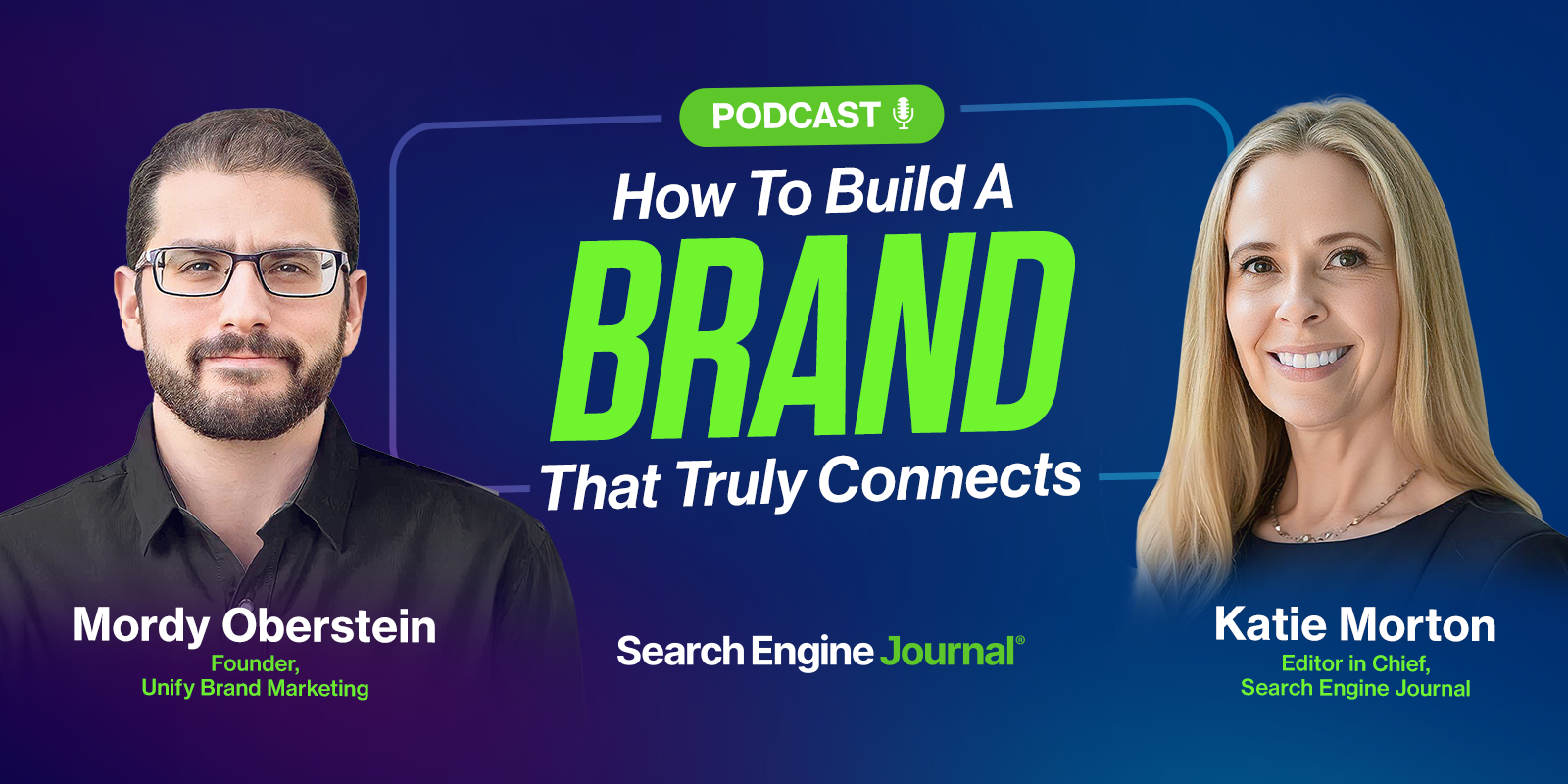

![How to Create an SEO Forecast [Free Template Included] — Whiteboard Friday](https://moz.com/images/blog/banners/WBF-SEOForecasting-Blog_Header.png?auto=compress,format&fit=crop&dm=1694010279&s=318ed1d453ed4f230e8e4b50ecee5417#)
![How To Build AI Tools To Automate Your SEO Workflows [MozCon 2025 Speaker Series]](https://moz.com/images/blog/banners/Mozcon2025_SpeakerBlogHeader_1180x400_Andrew_London-1.png?auto=compress,format&fit=crop&dm=1749642474&s=7897686f91f4e22a1f5191ea07414026#)
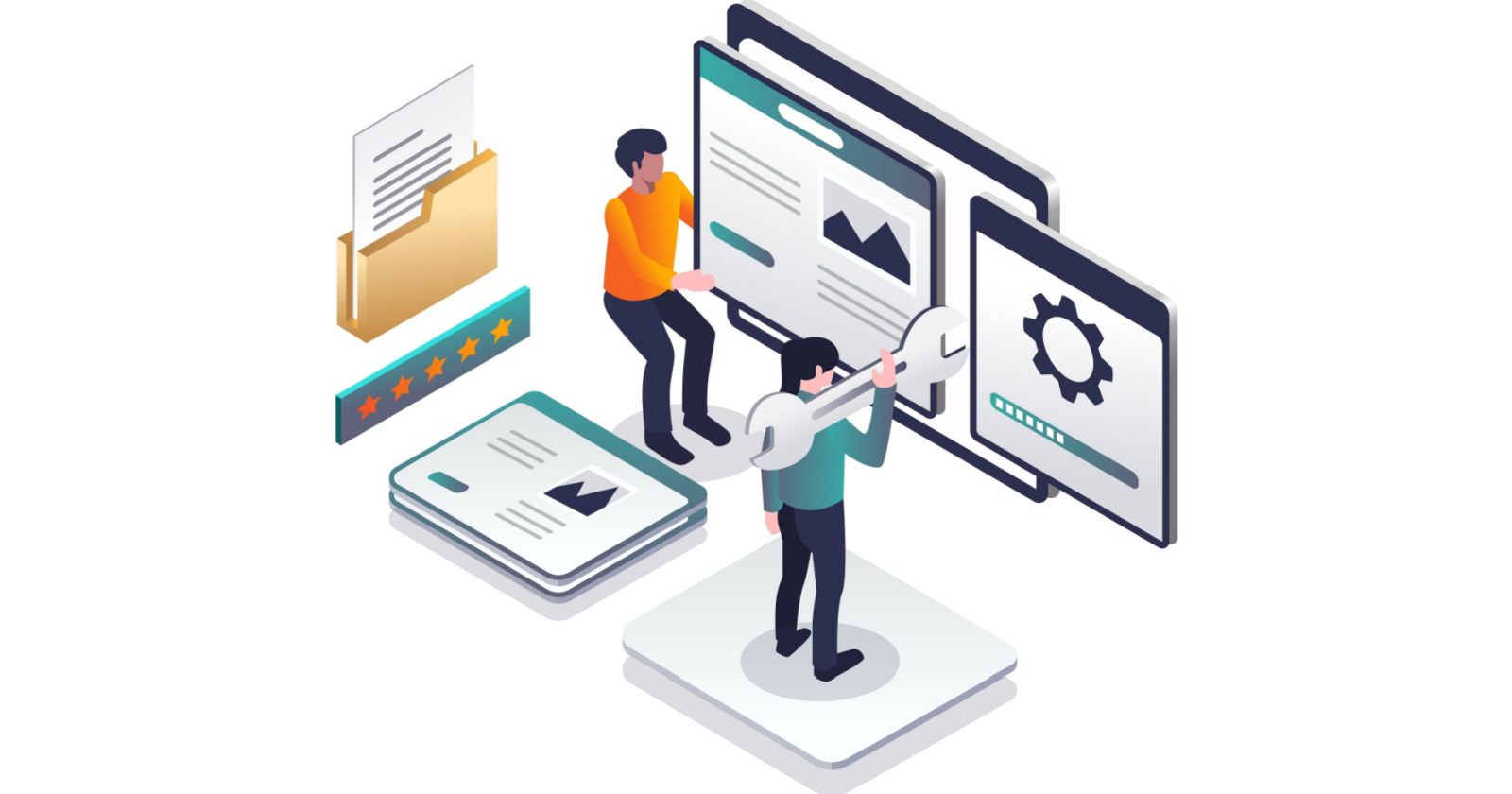
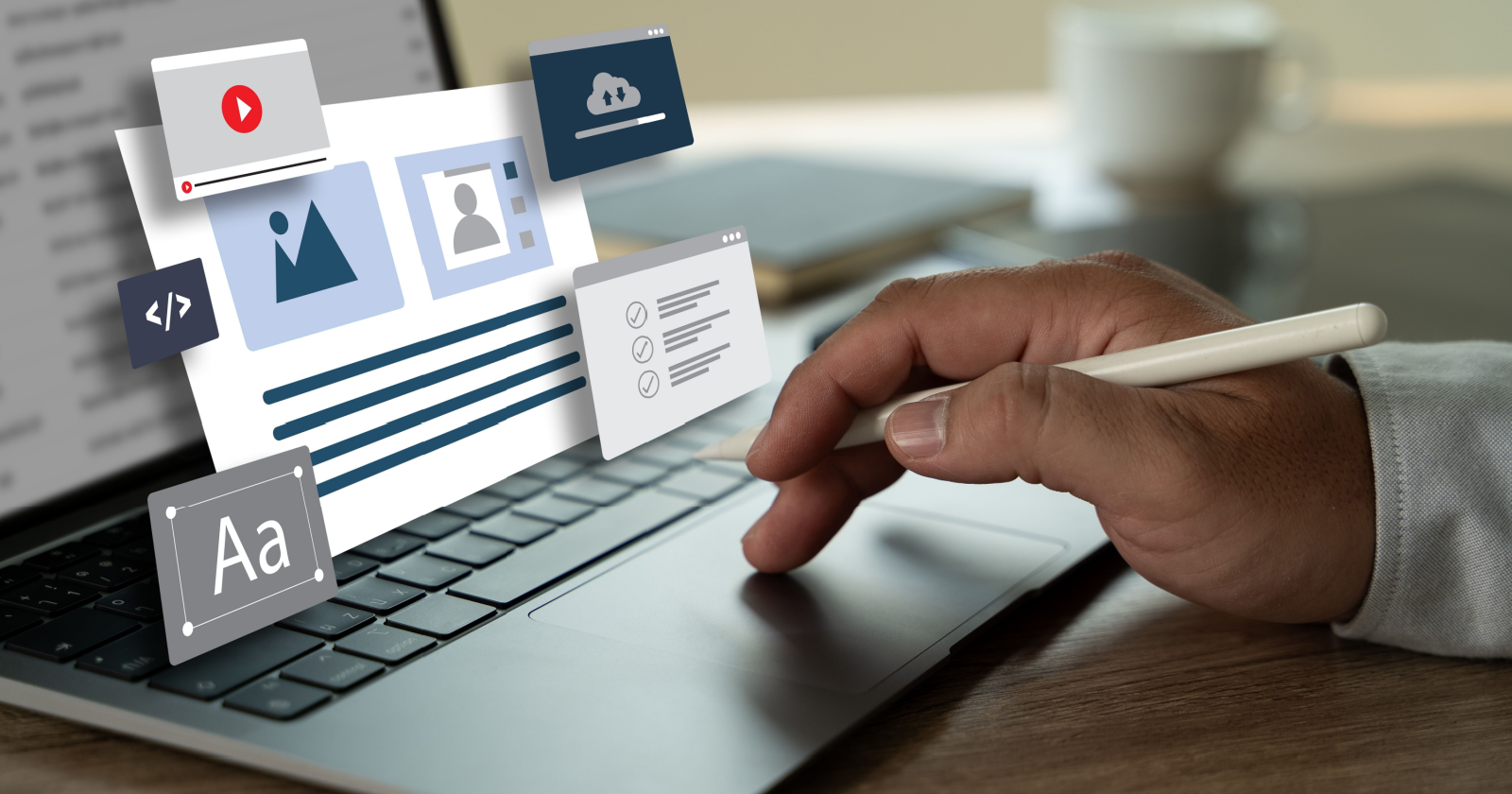








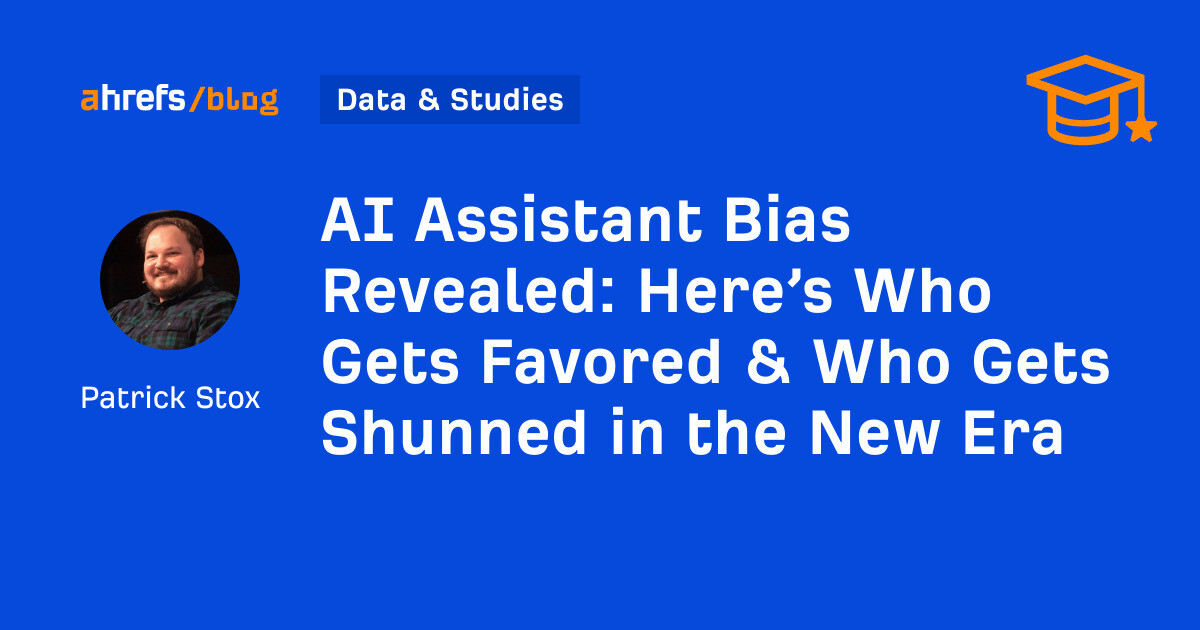
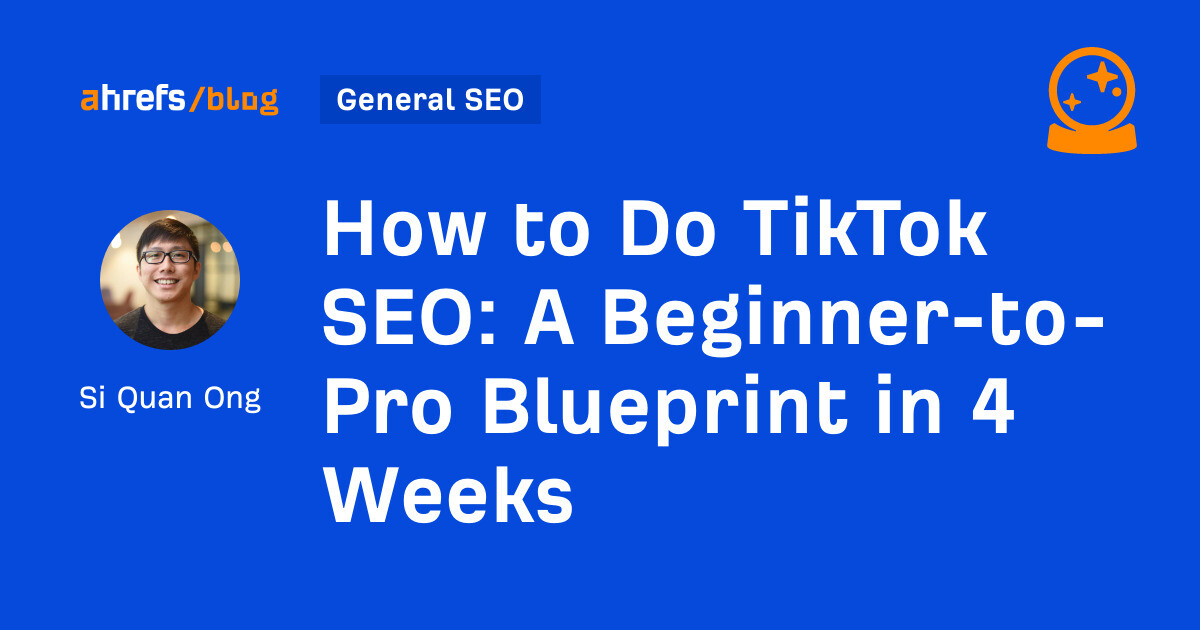
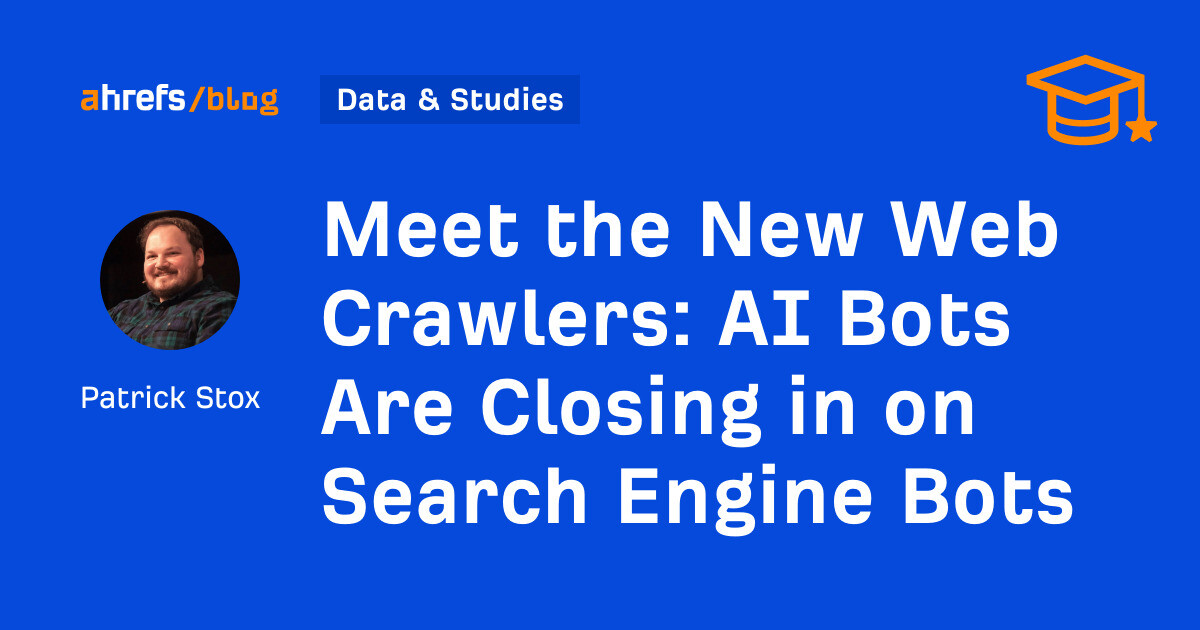
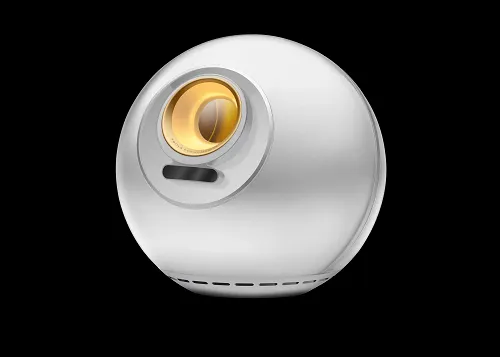
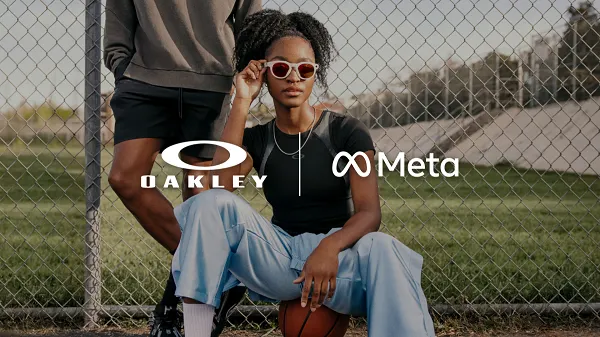
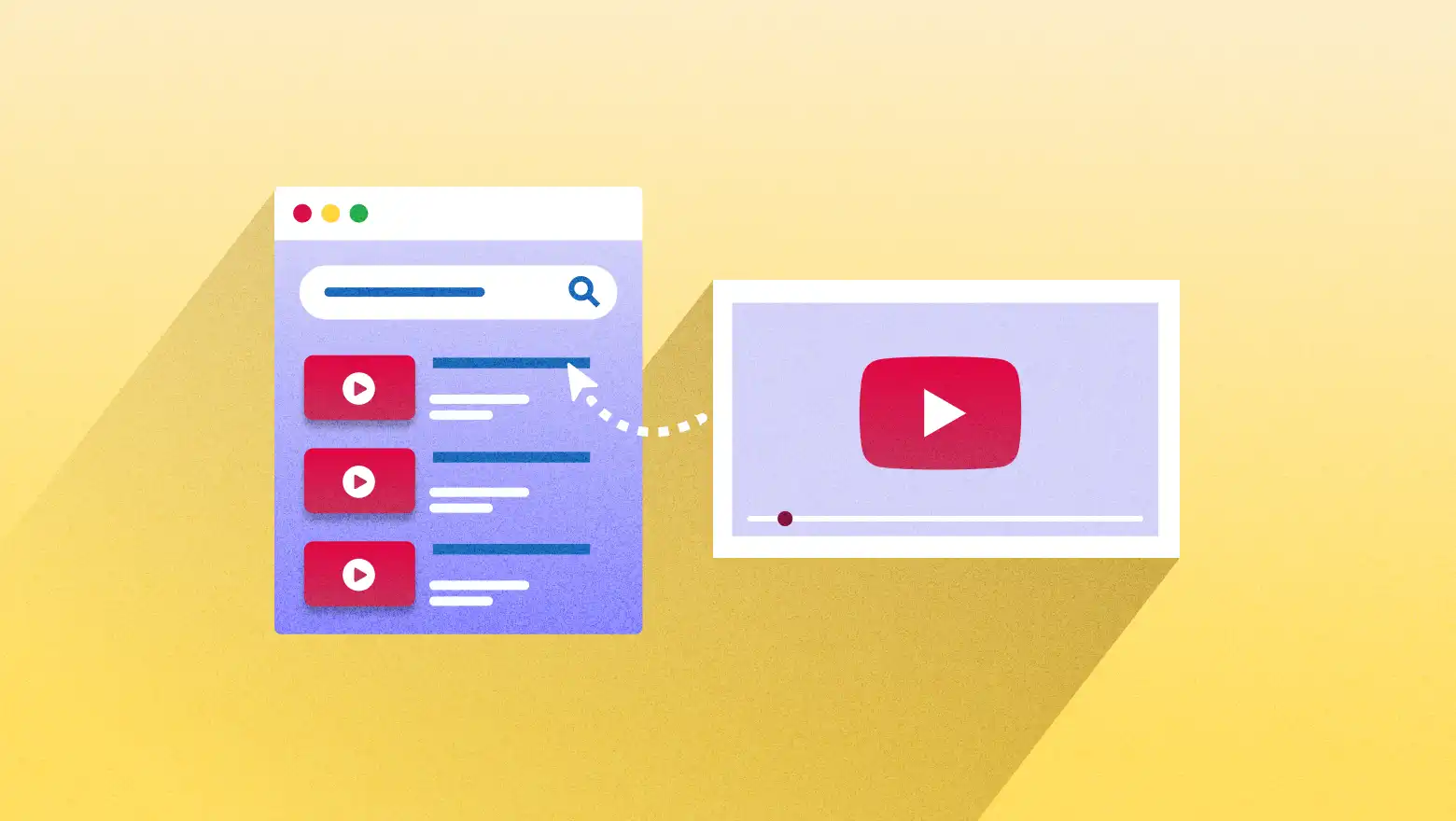



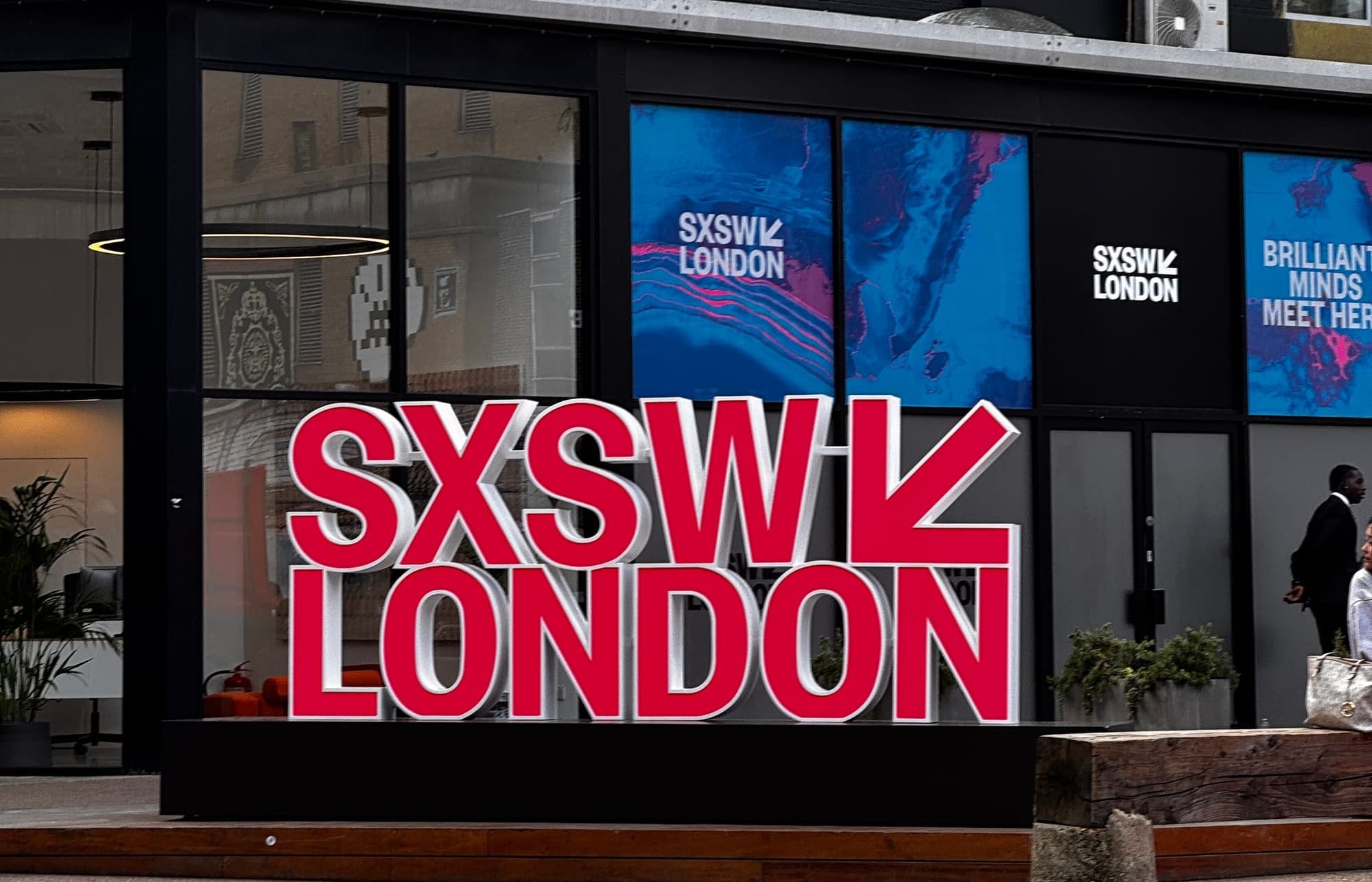
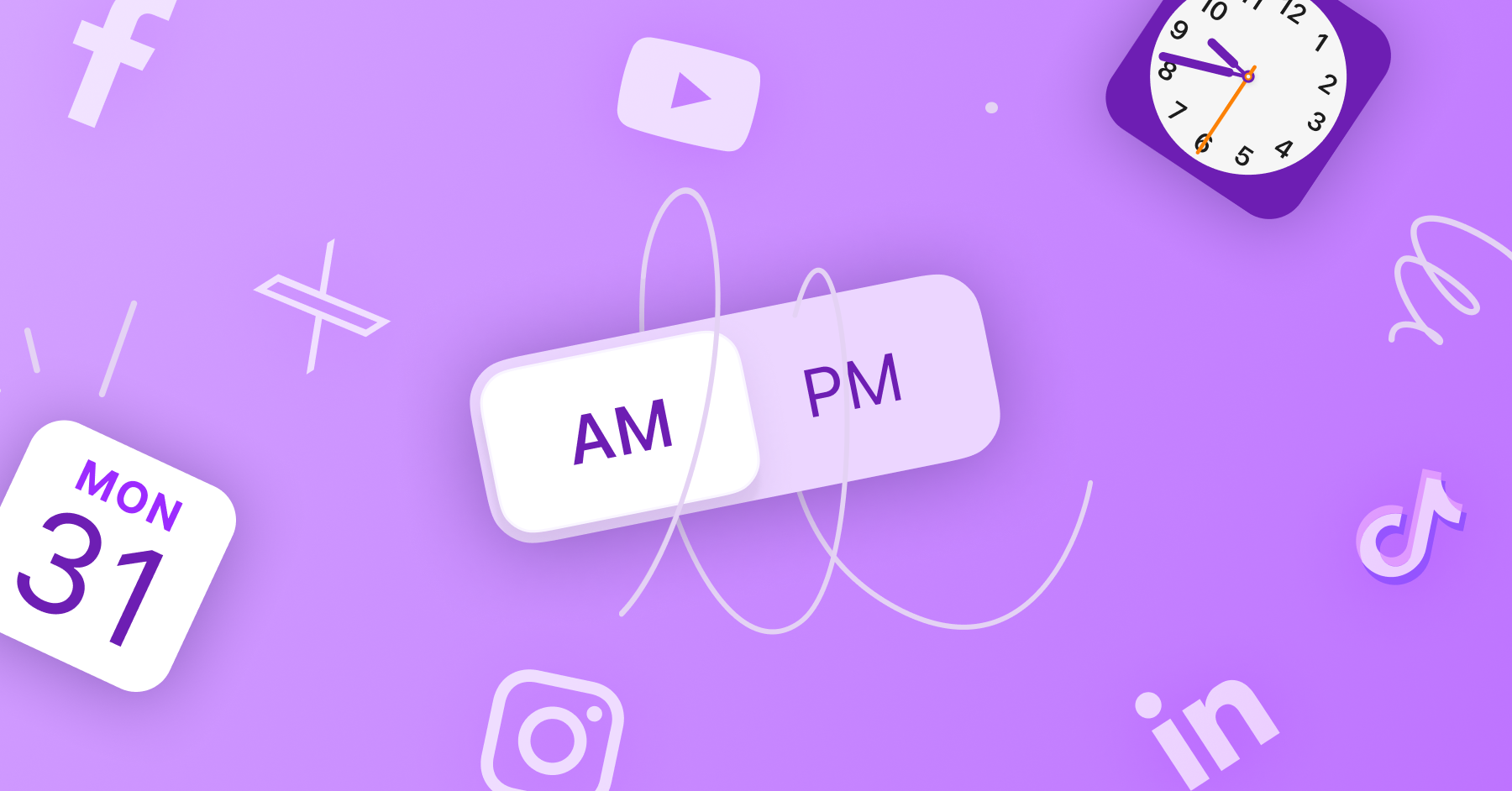




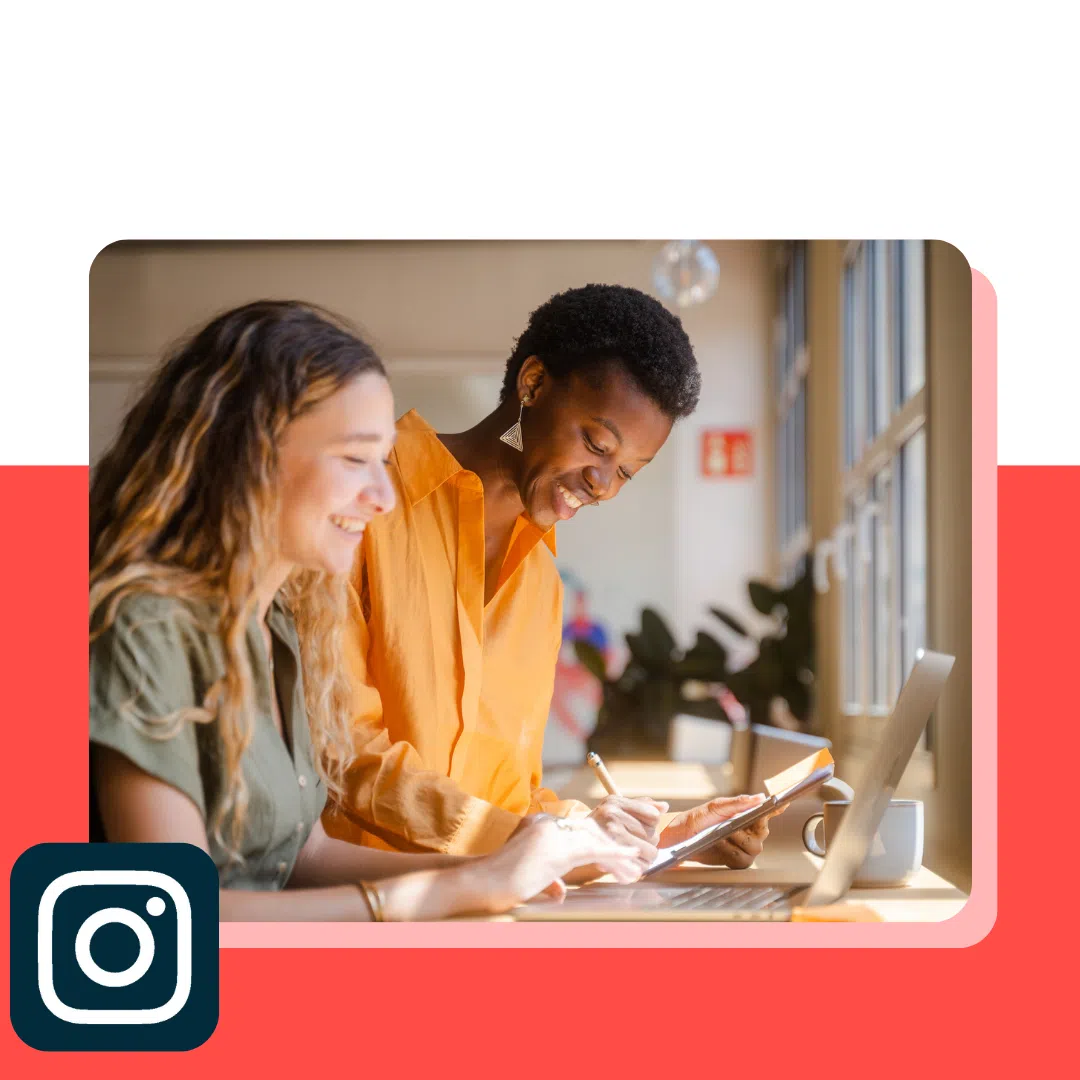
![Brand pitch guide for creators [deck and email templates]](https://blog.hootsuite.com/wp-content/uploads/2022/06/brand-pitch-template.png)
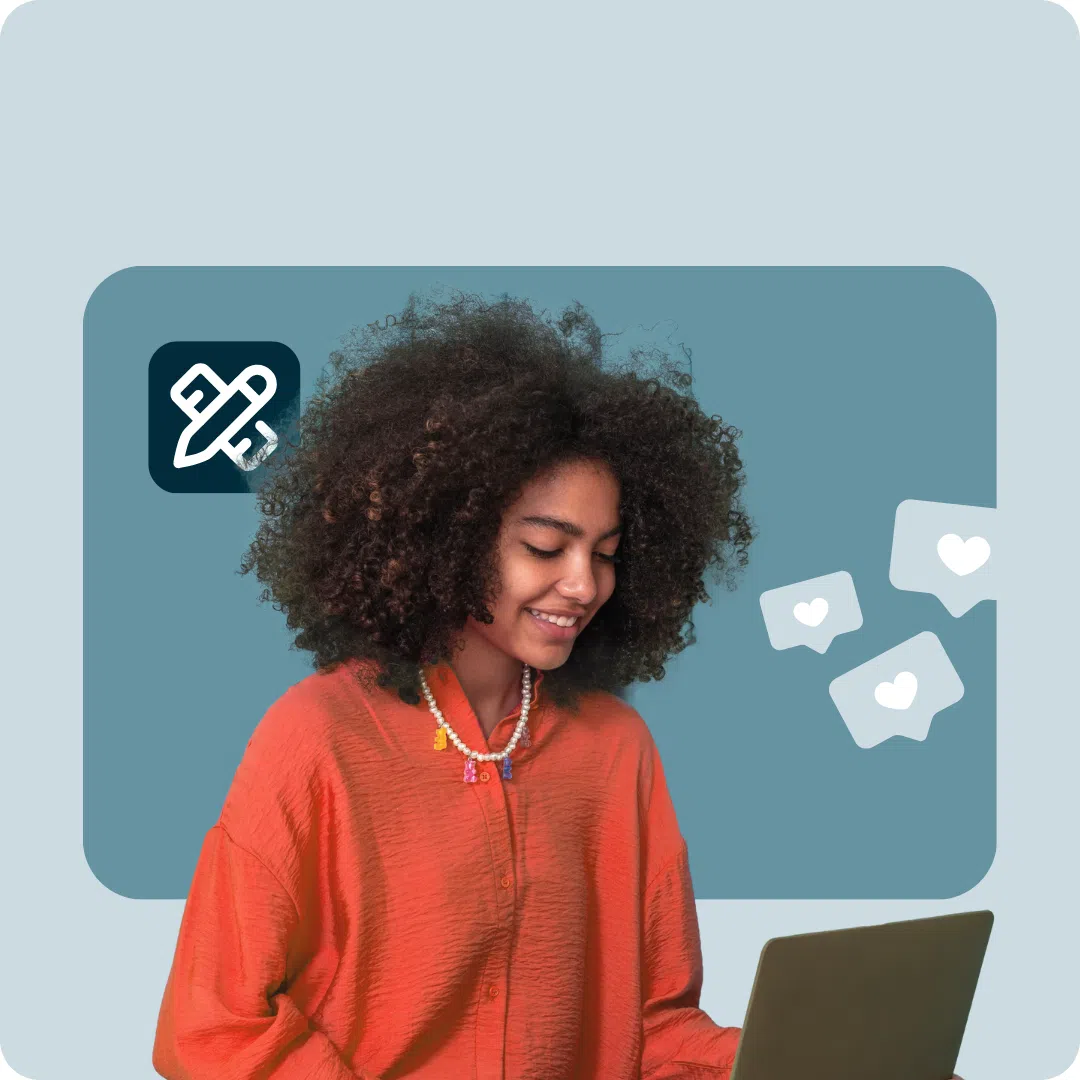
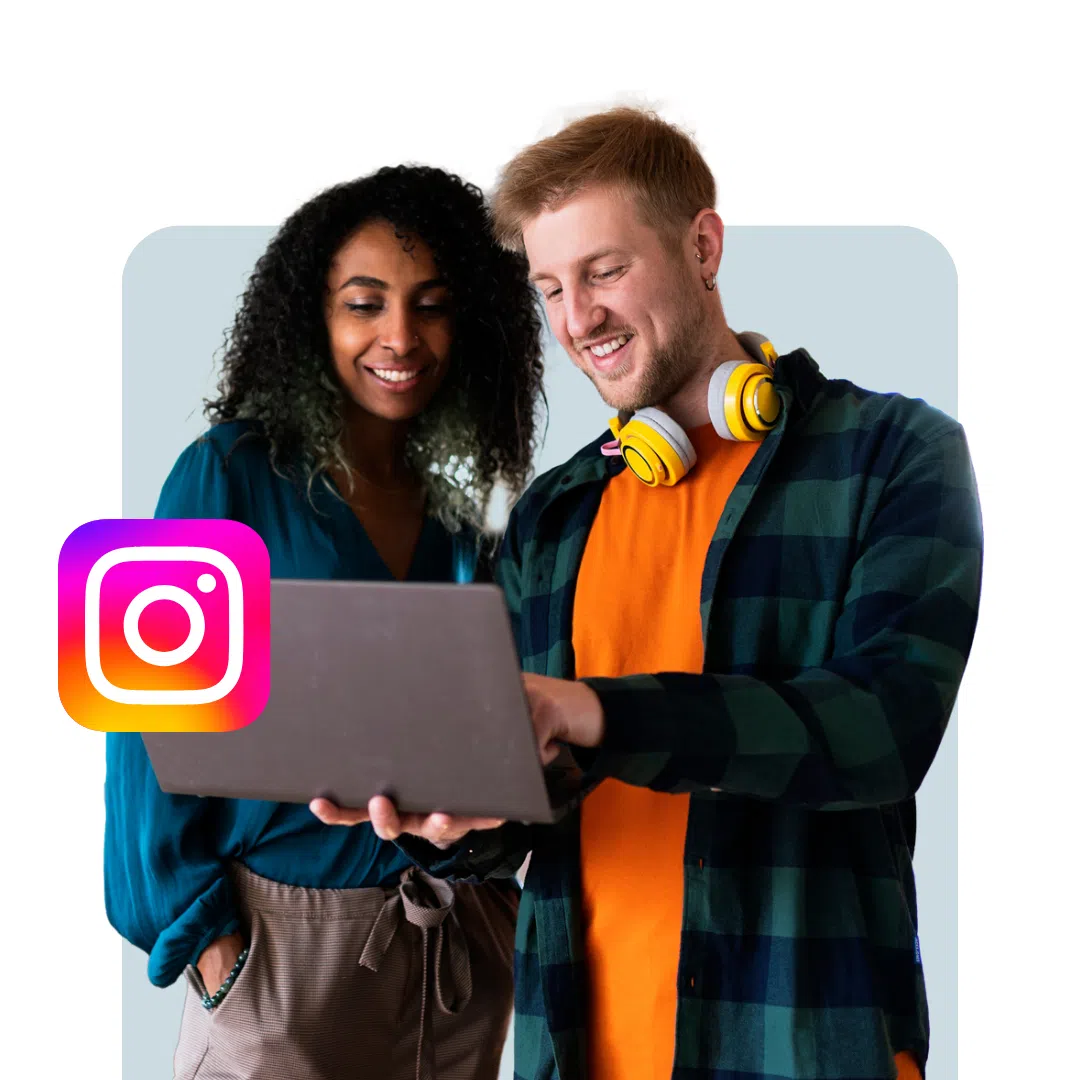


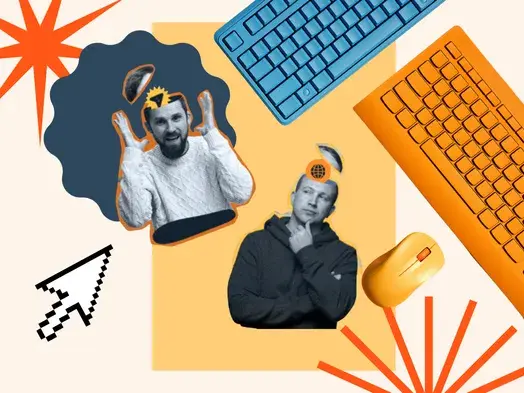
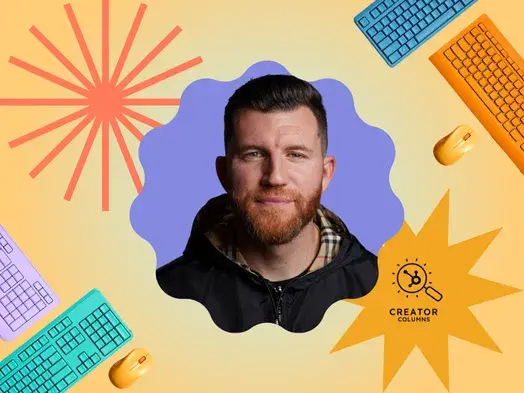
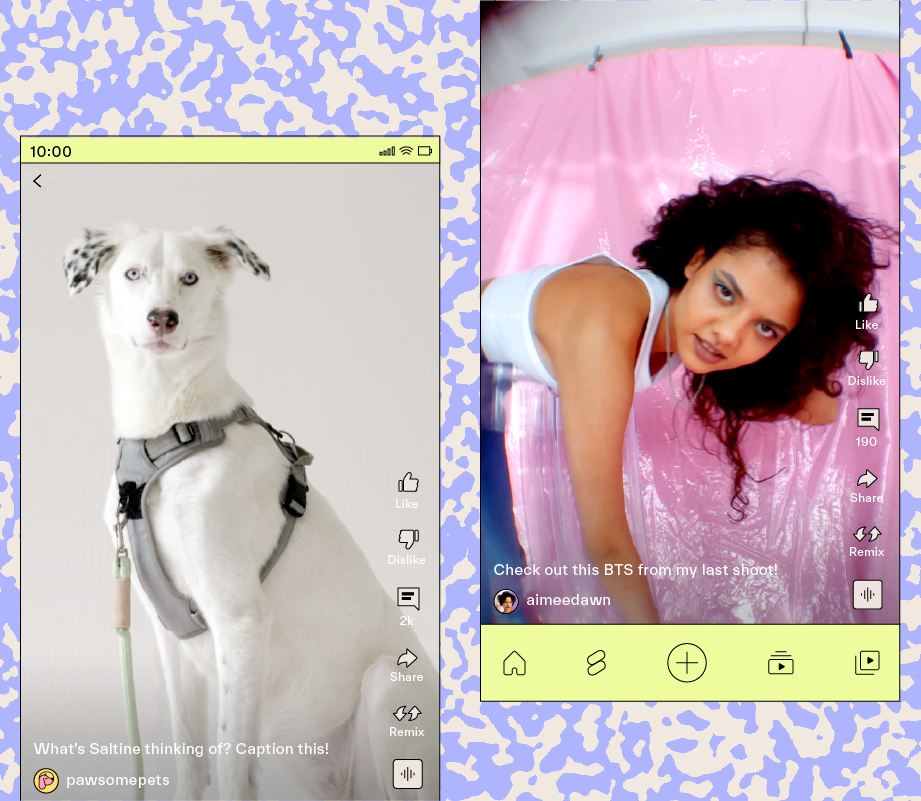
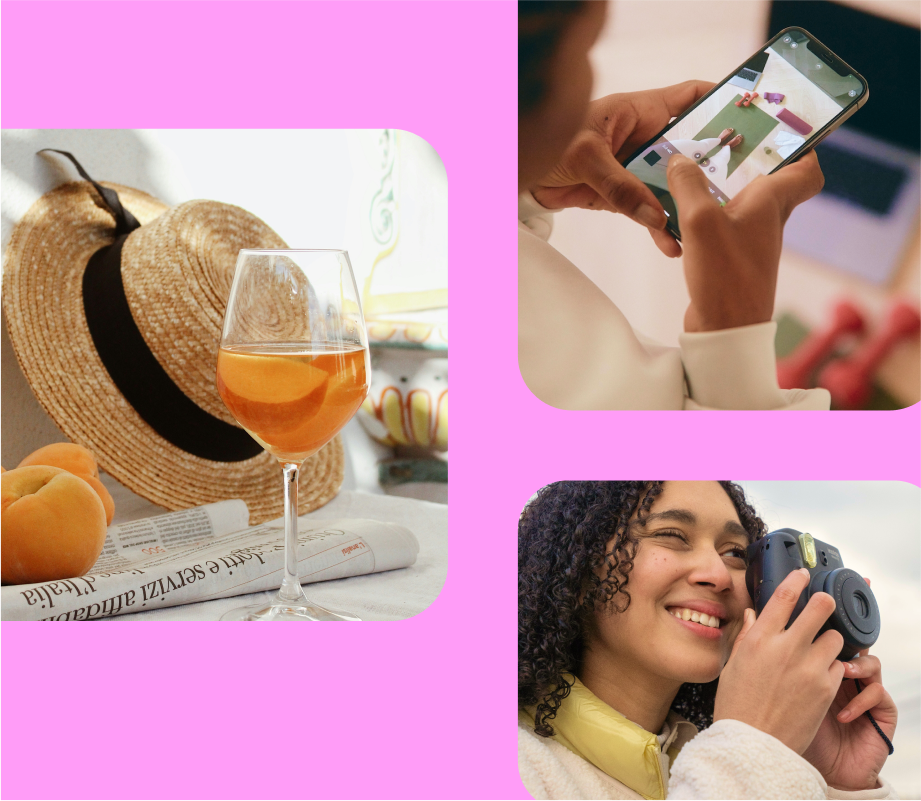
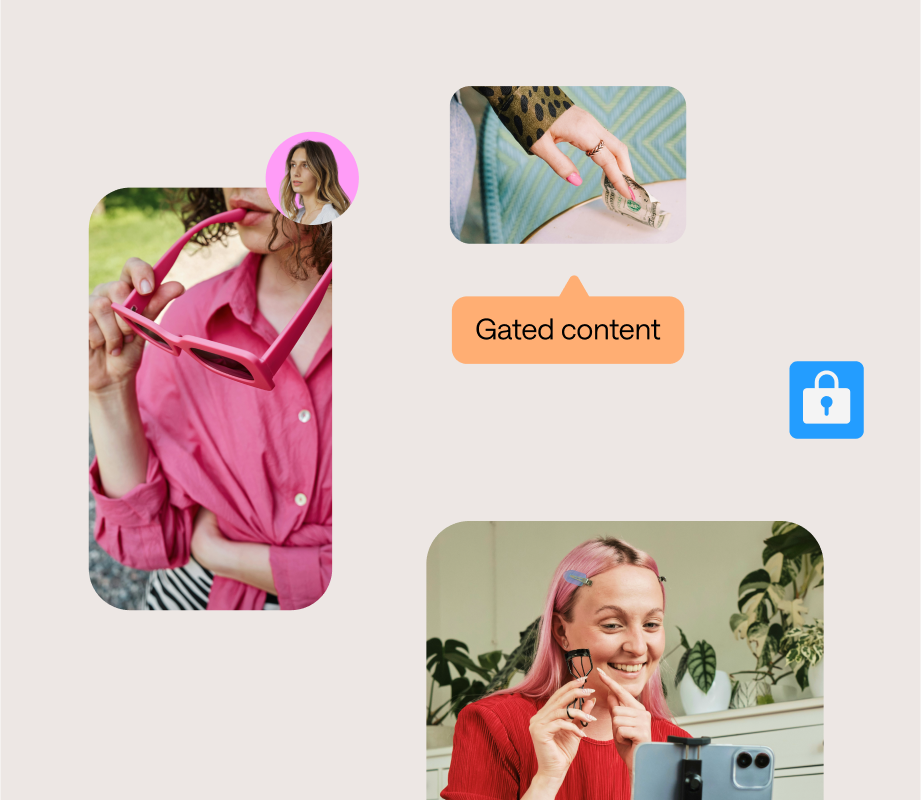
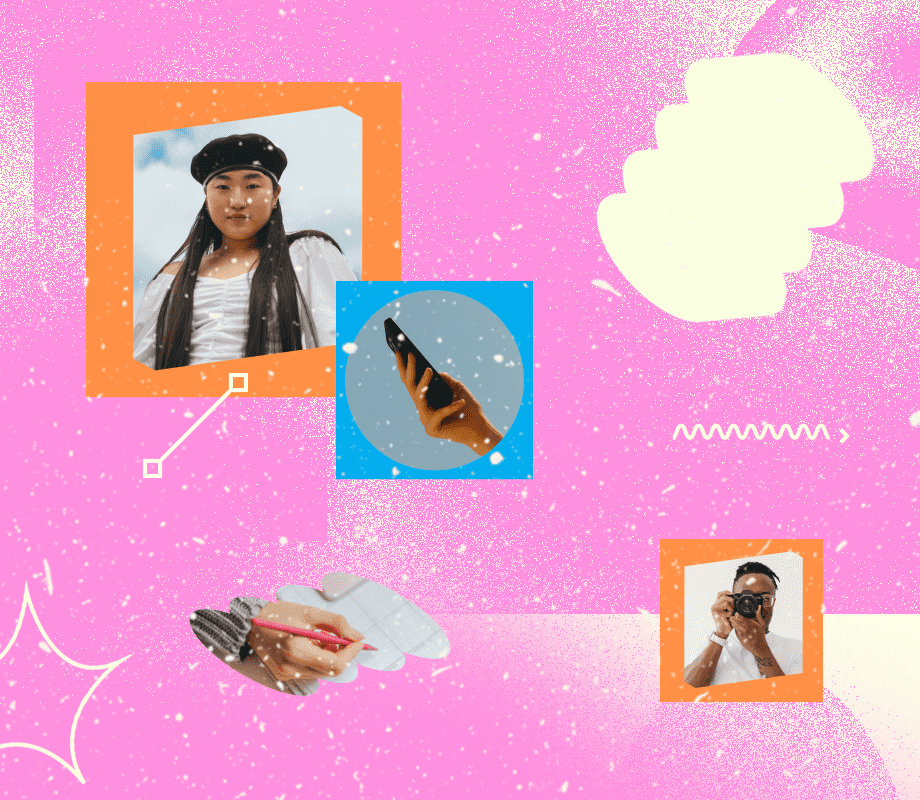
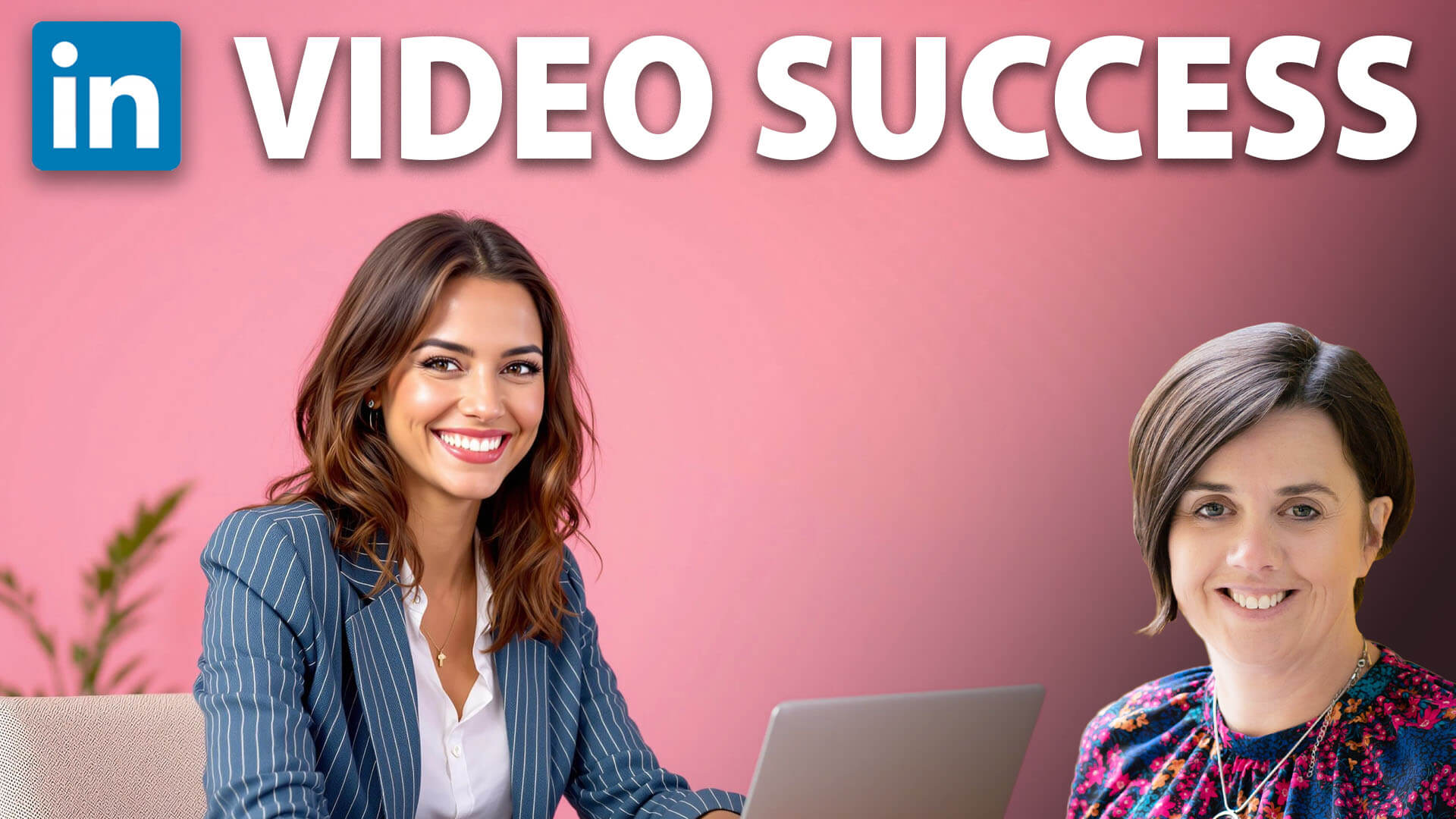
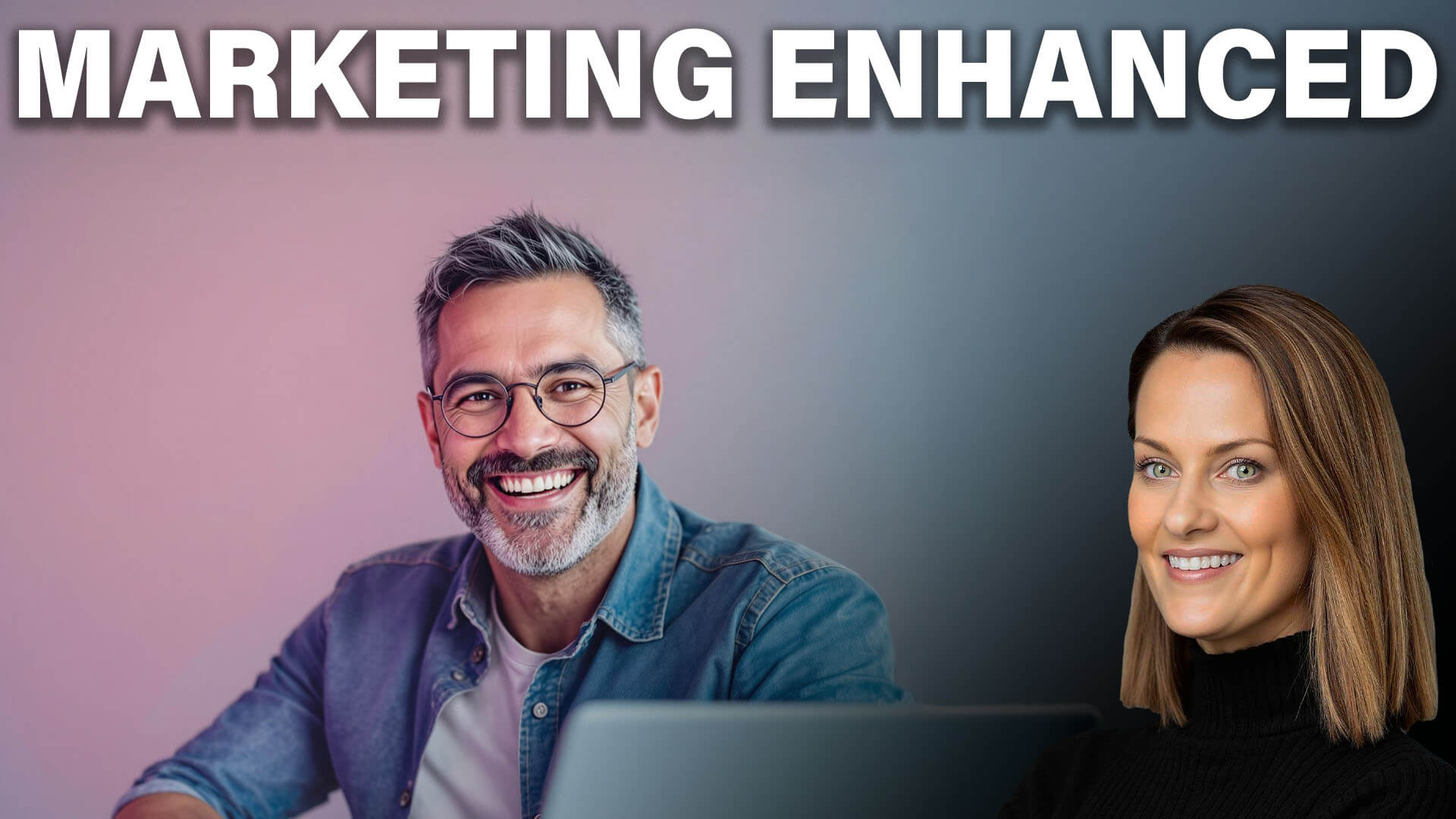
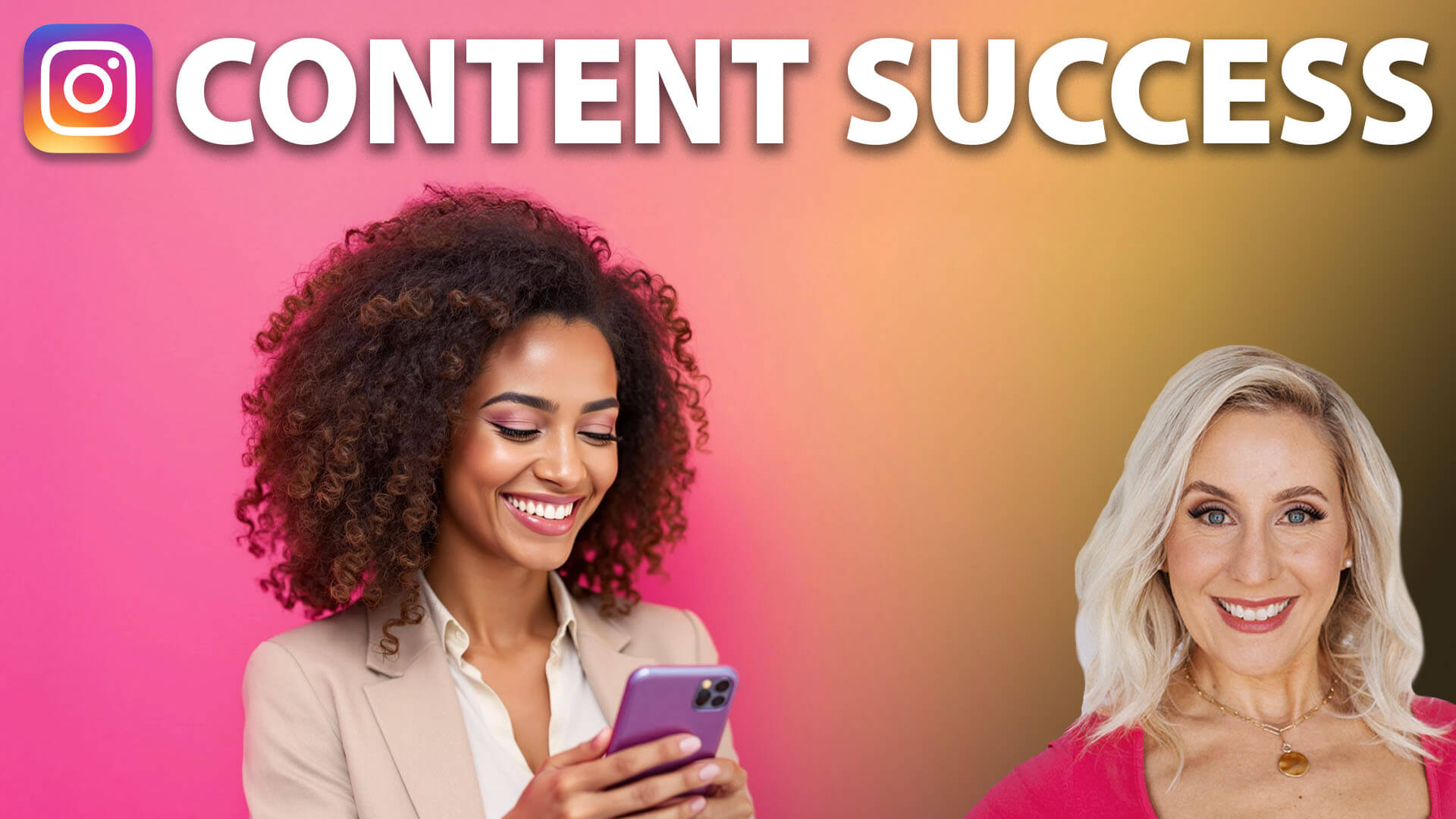





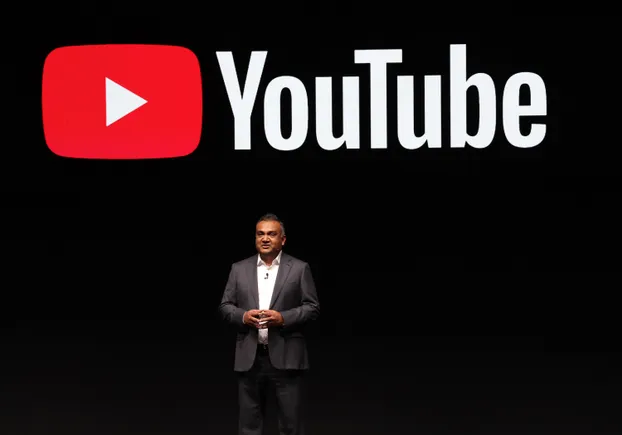
![The Largest Communities on Reddit [Infographic]](https://imgproxy.divecdn.com/vfTS-YsC_ZrqM6F4tAXJgV6qj3gCHSsf2dvHufDbrrQ/g:ce/rs:fit:770:435/Z3M6Ly9kaXZlc2l0ZS1zdG9yYWdlL2RpdmVpbWFnZS9sYXJnZXN0X3JlZGRpdF9jb21tdW5pdGllczIucG5n.webp)

